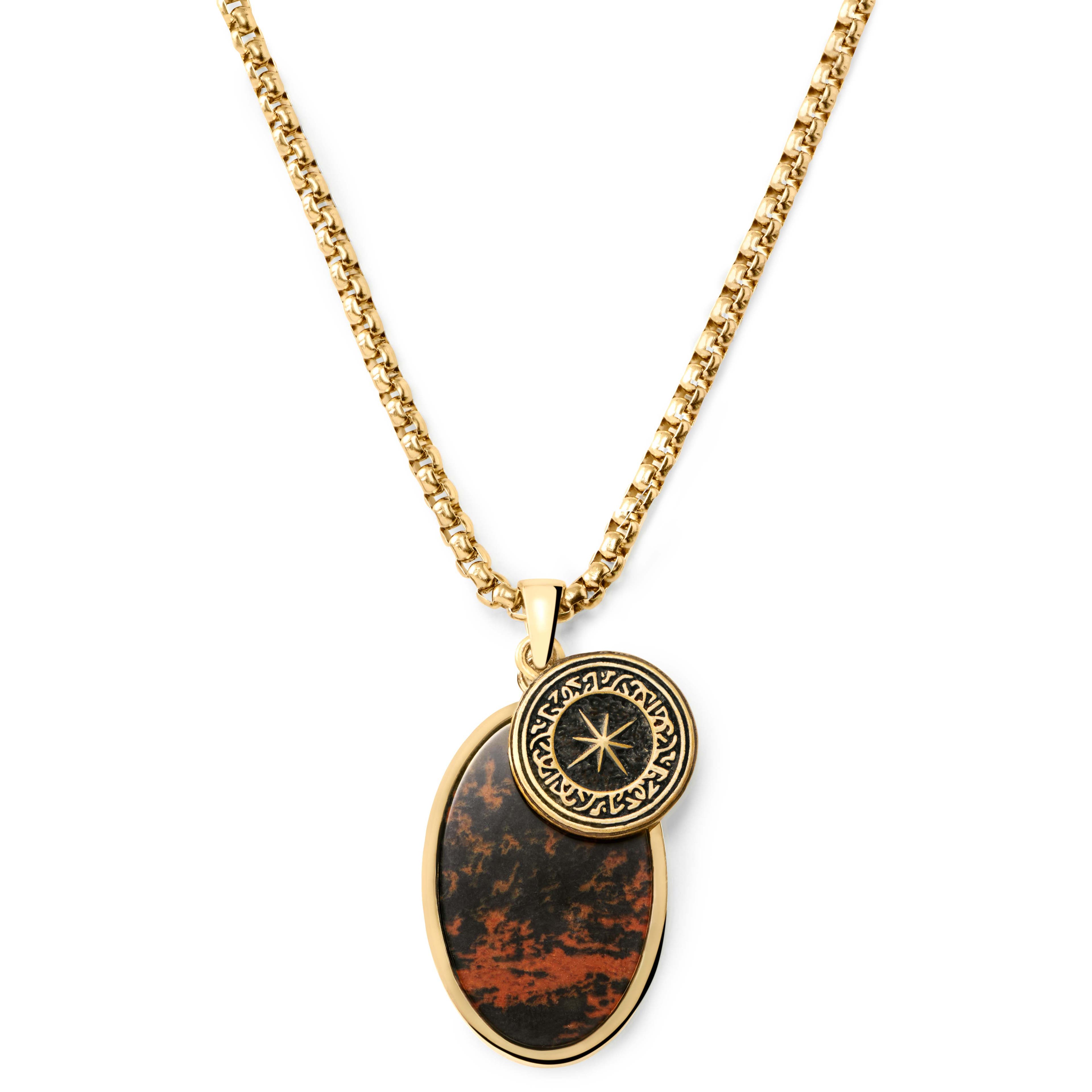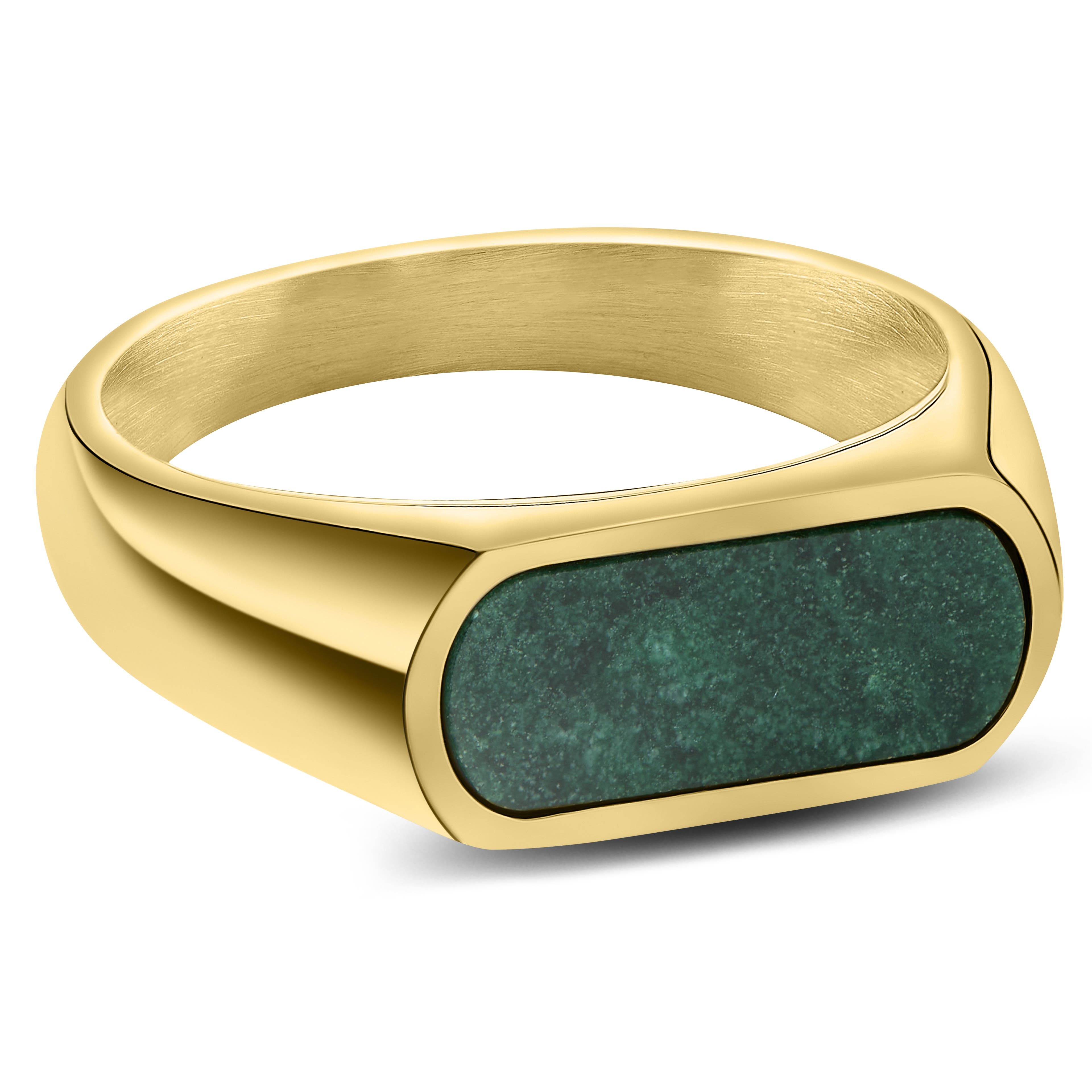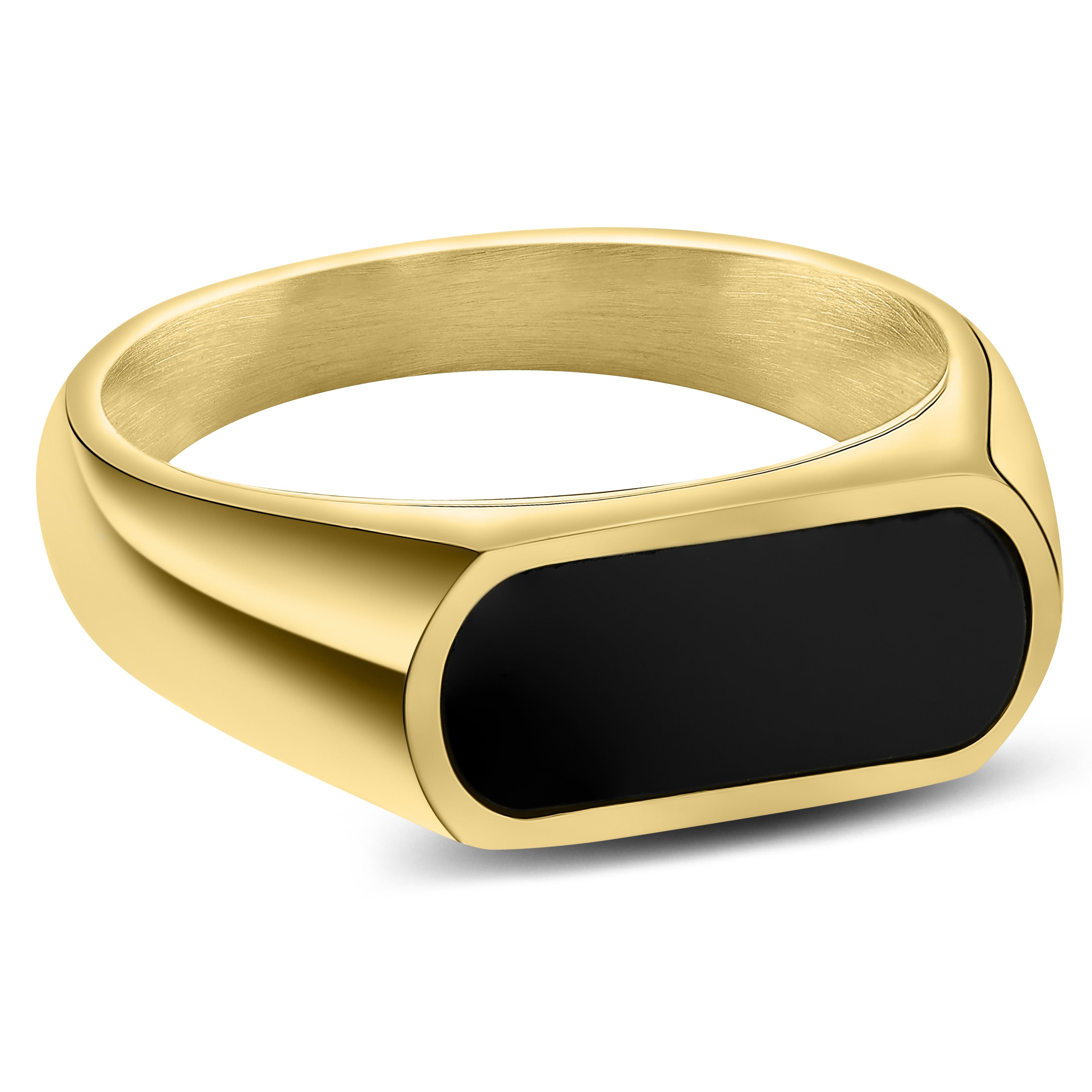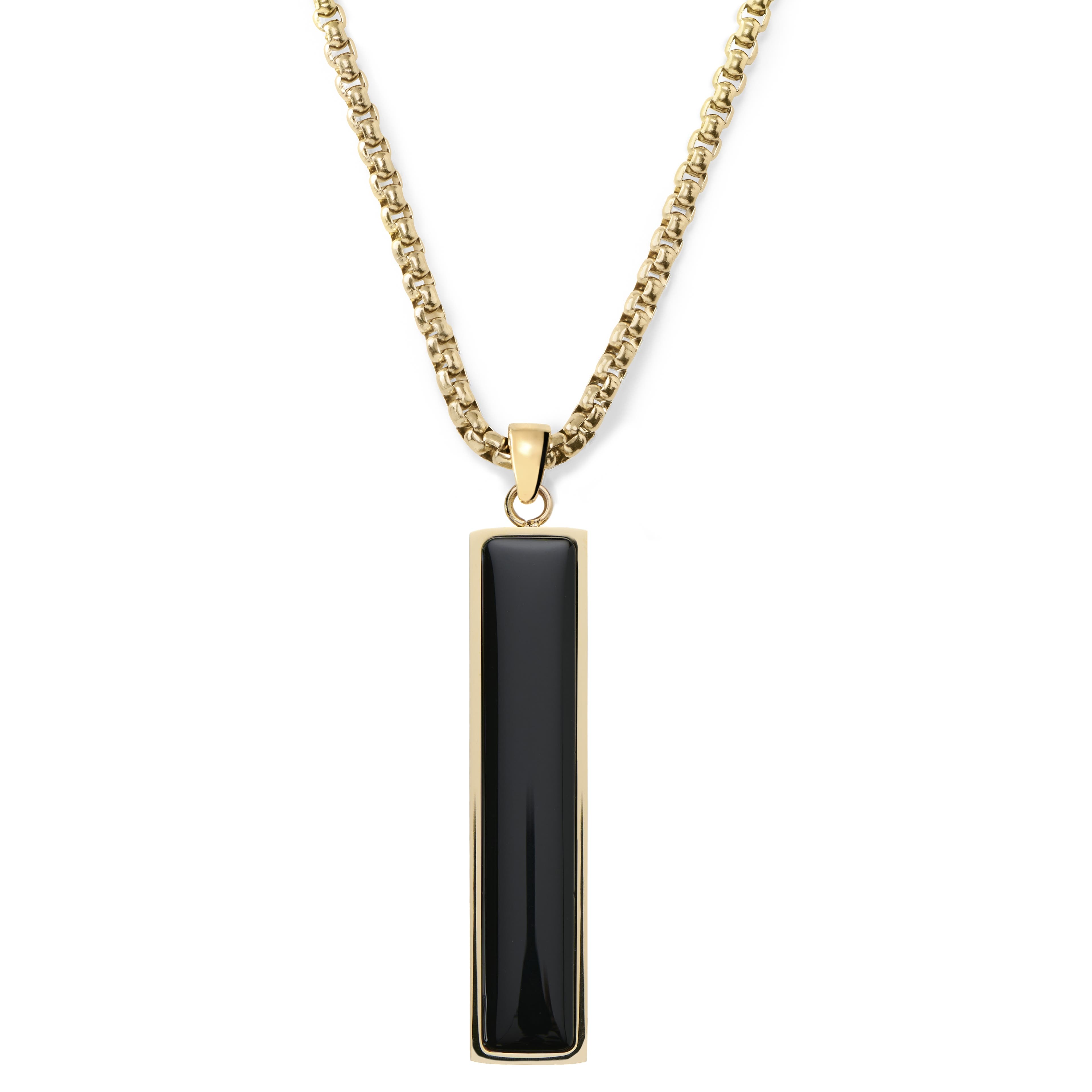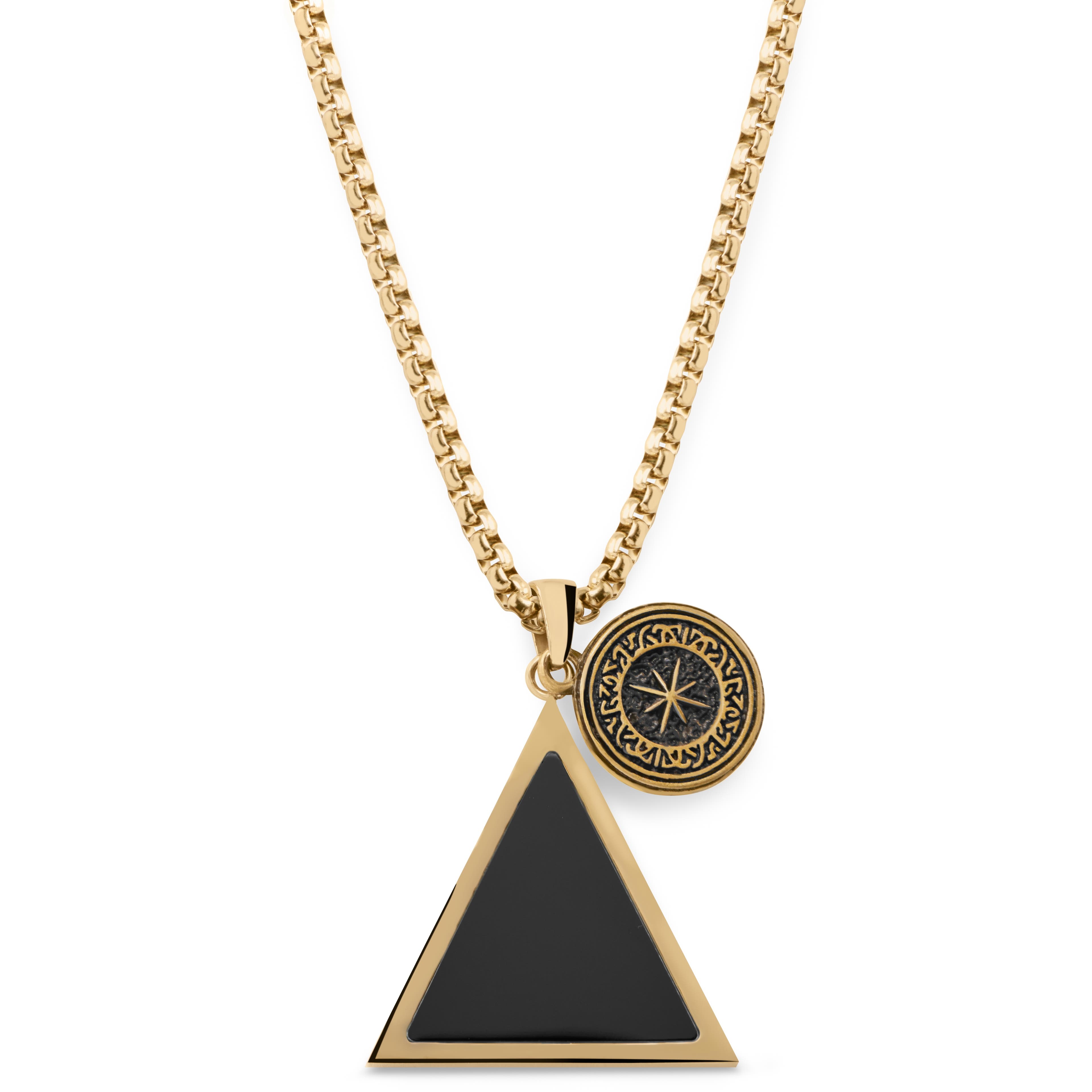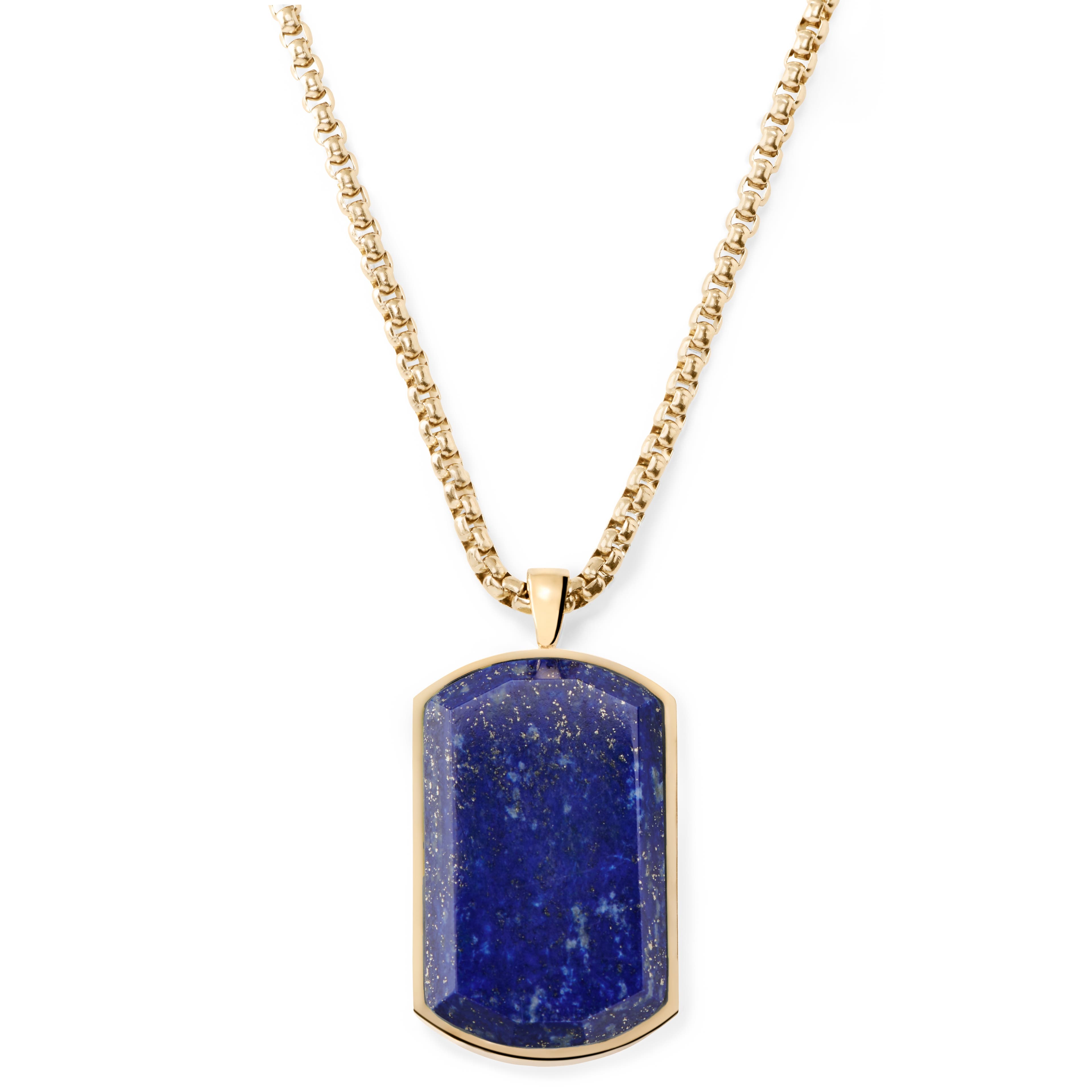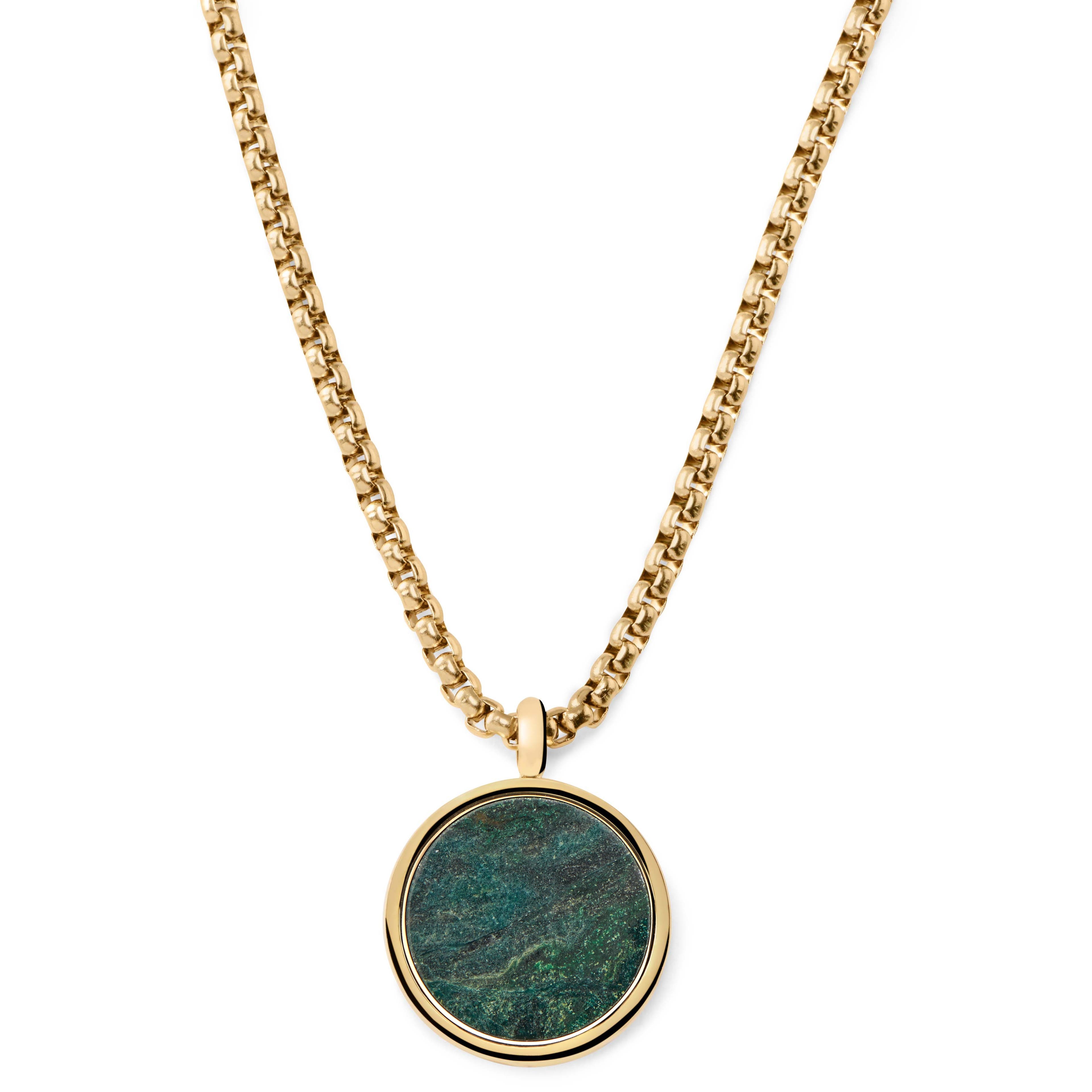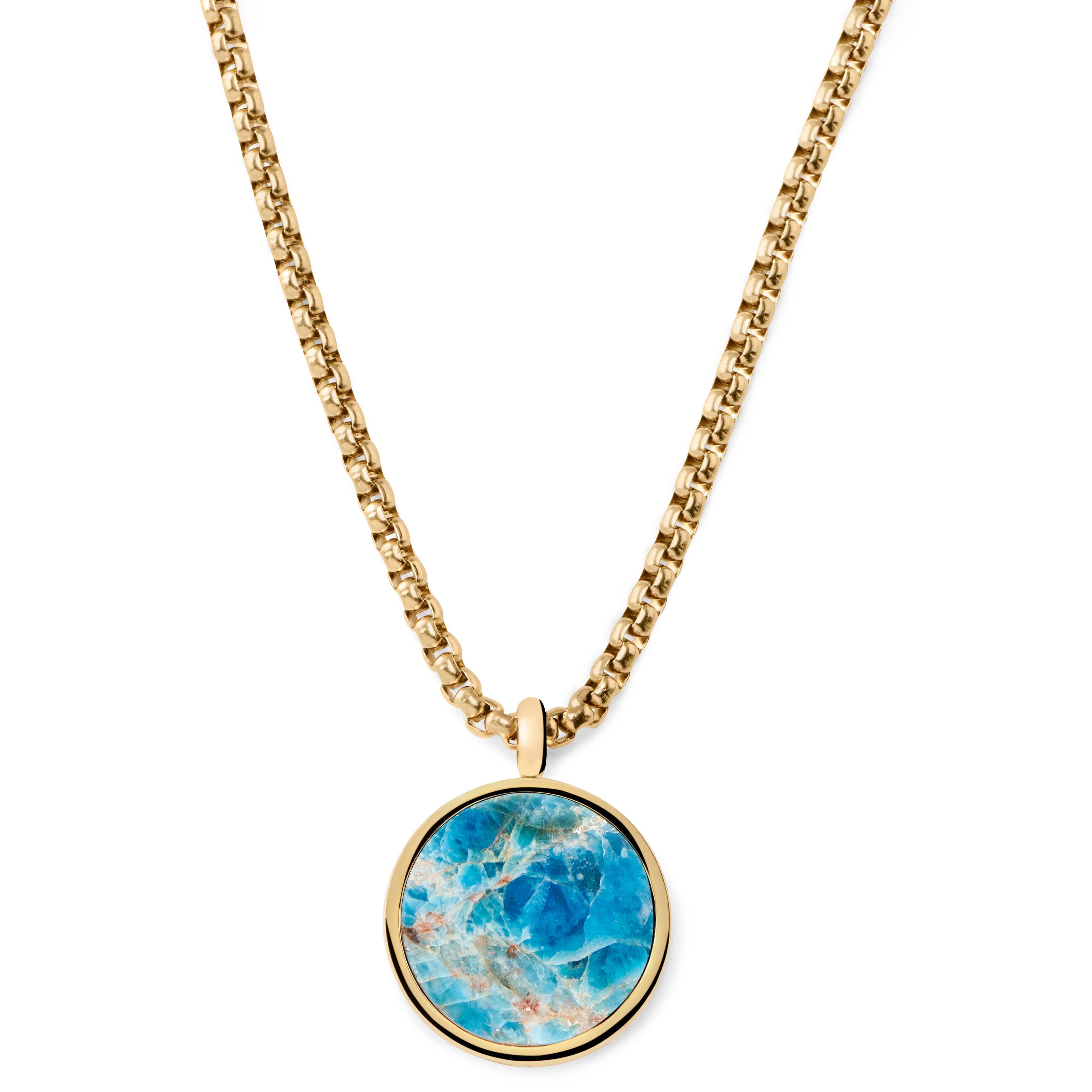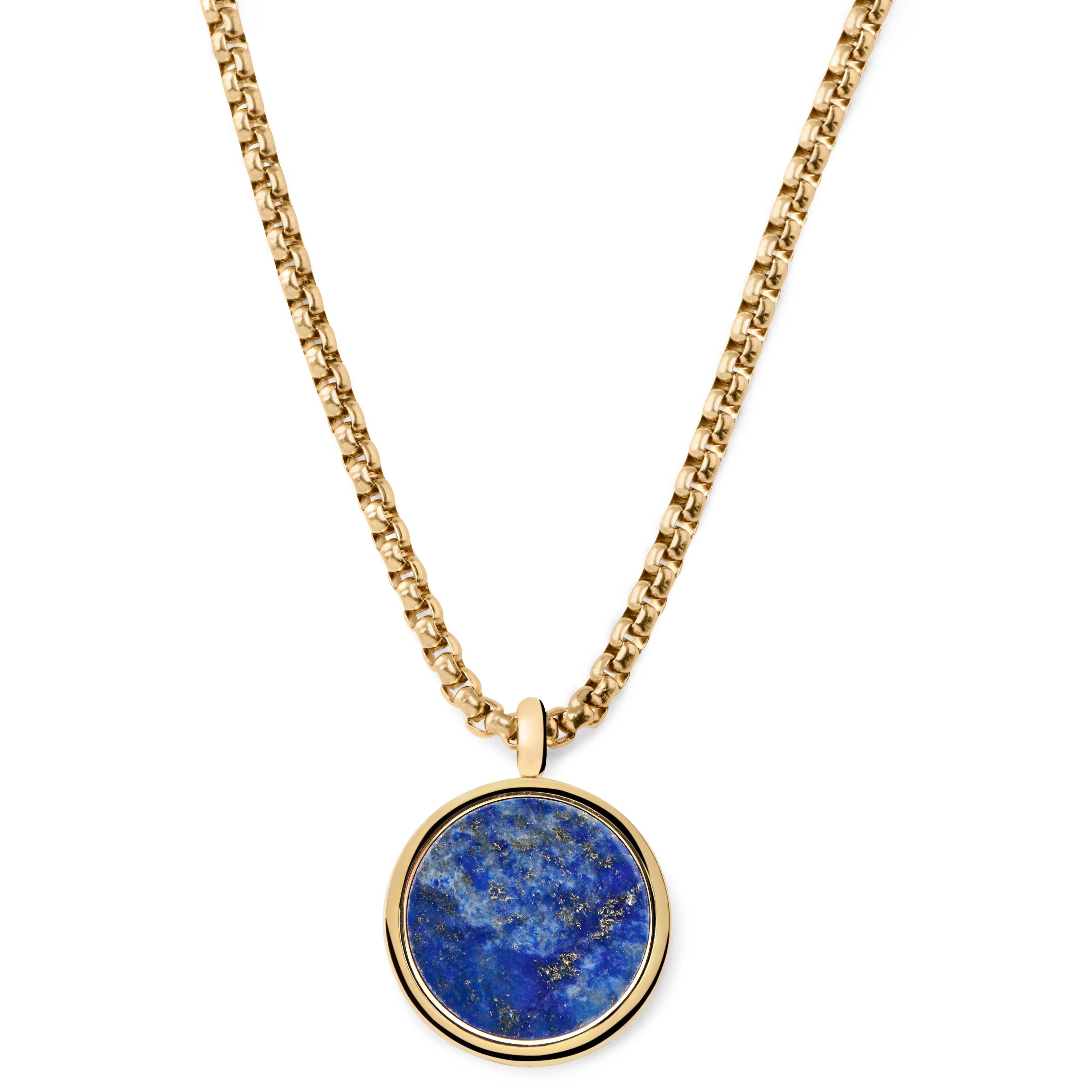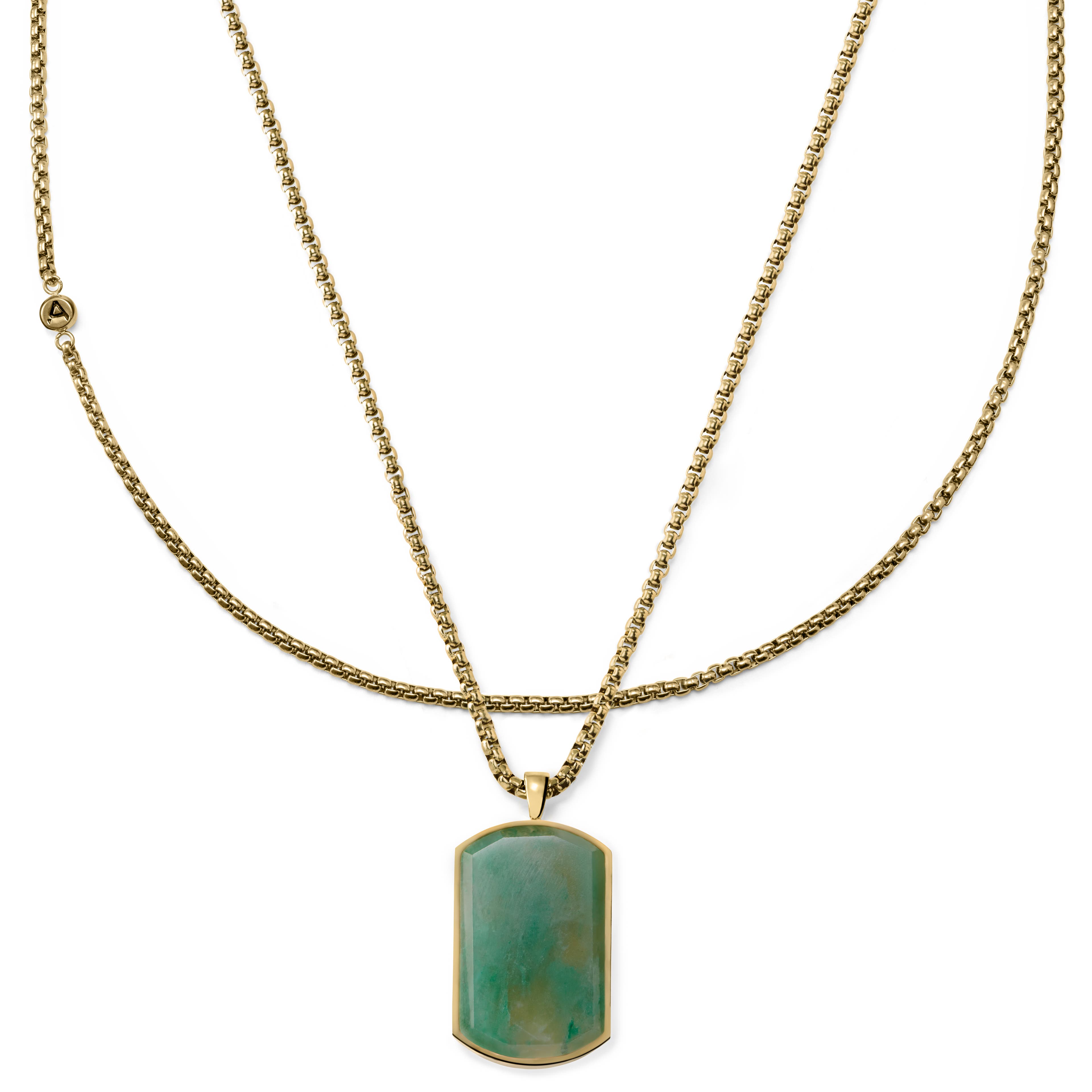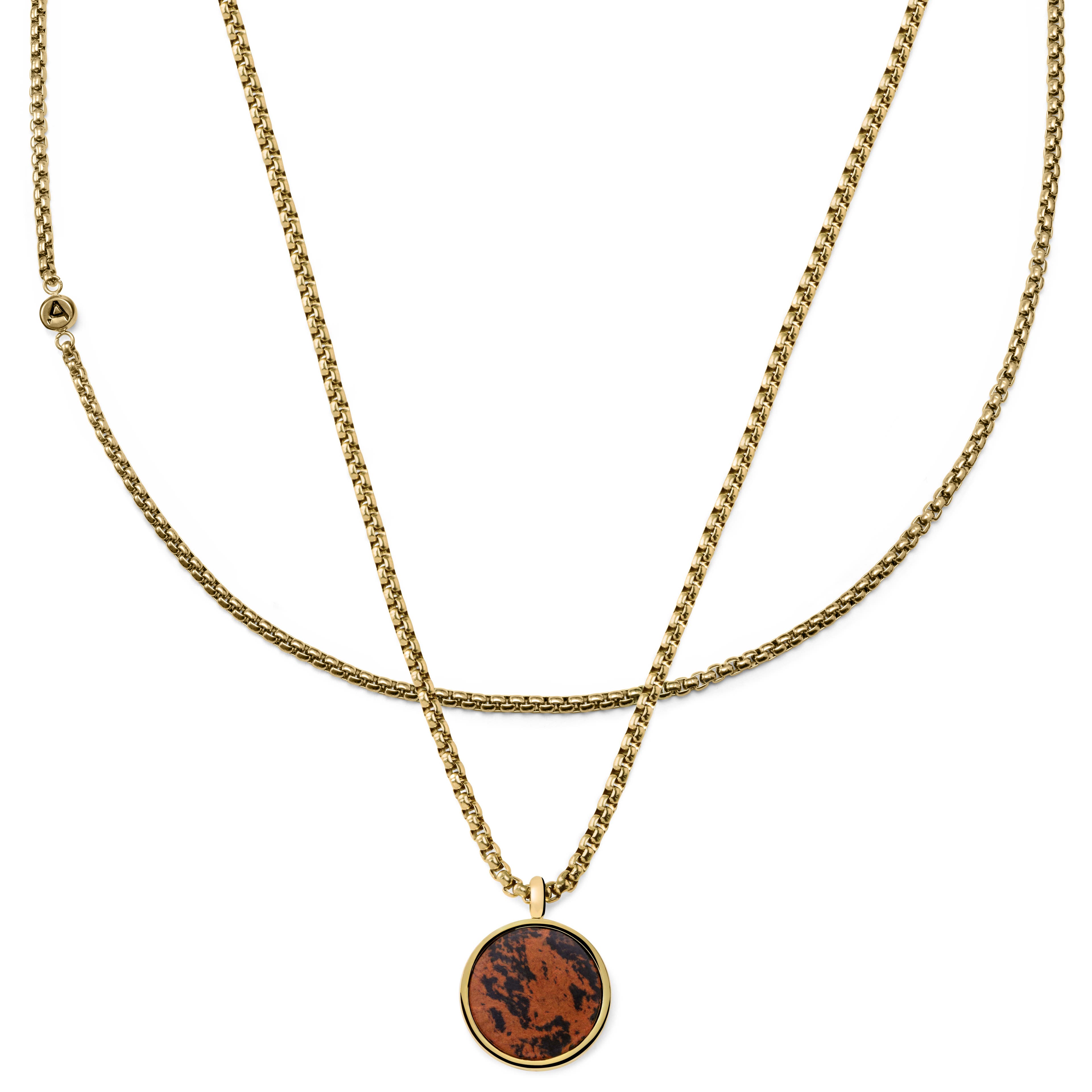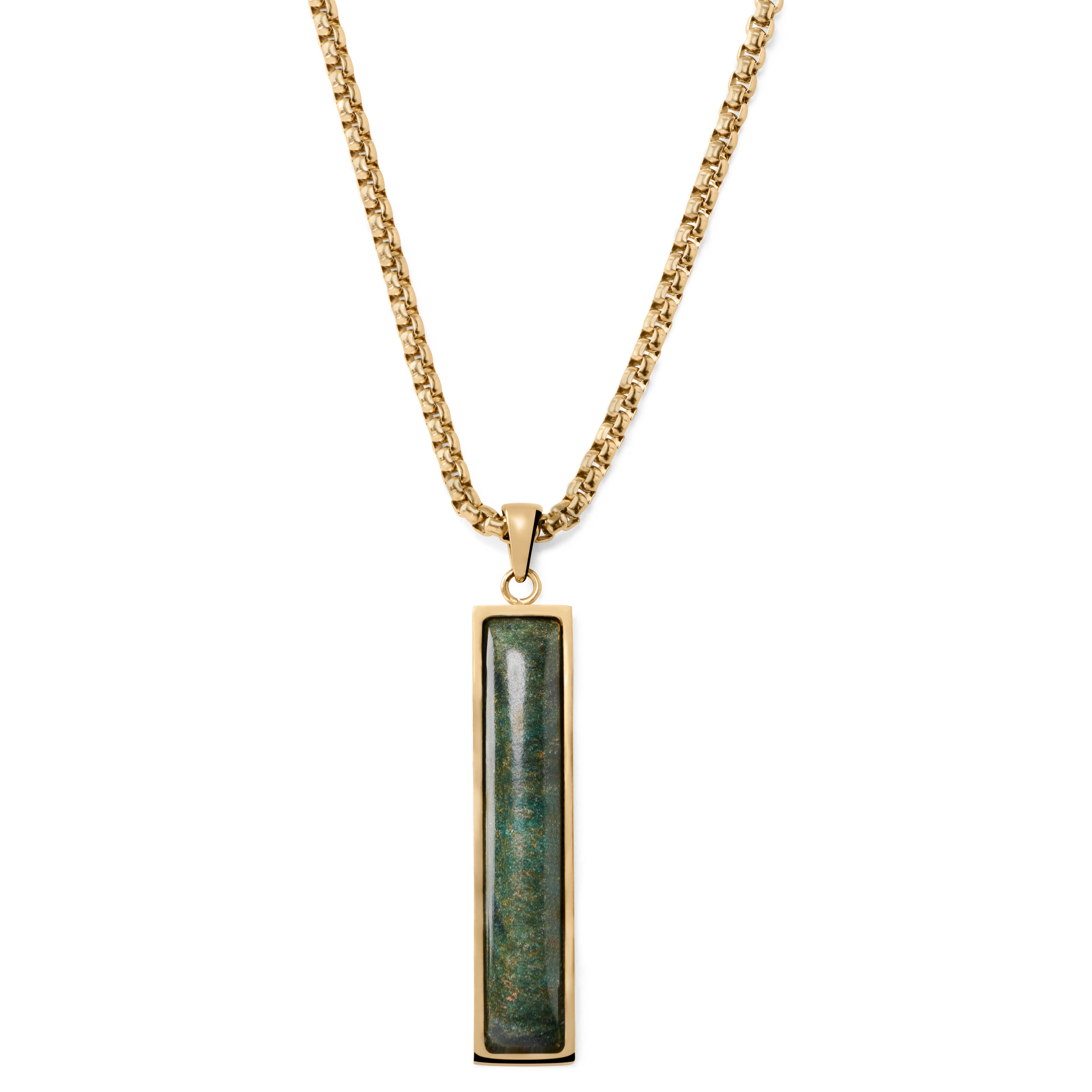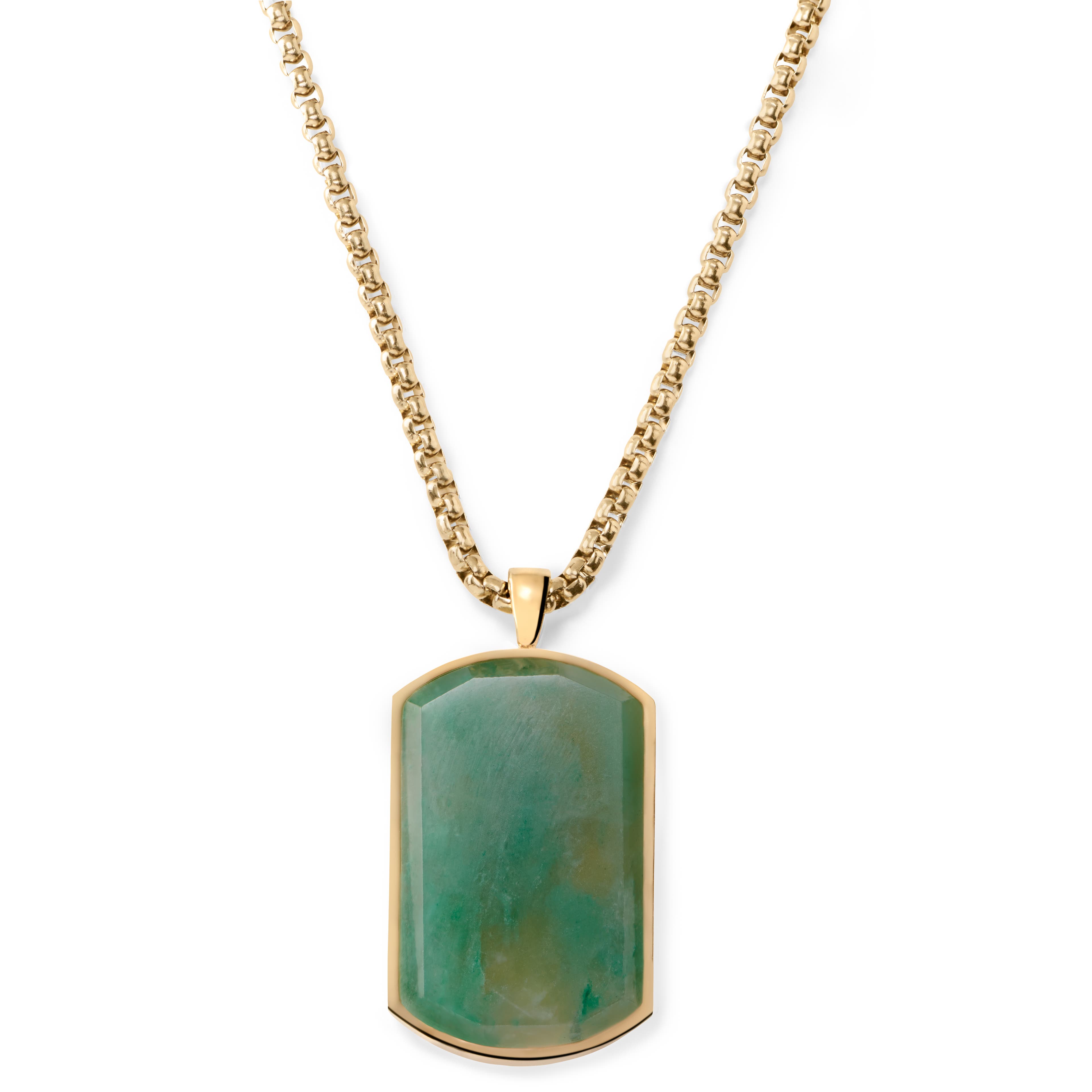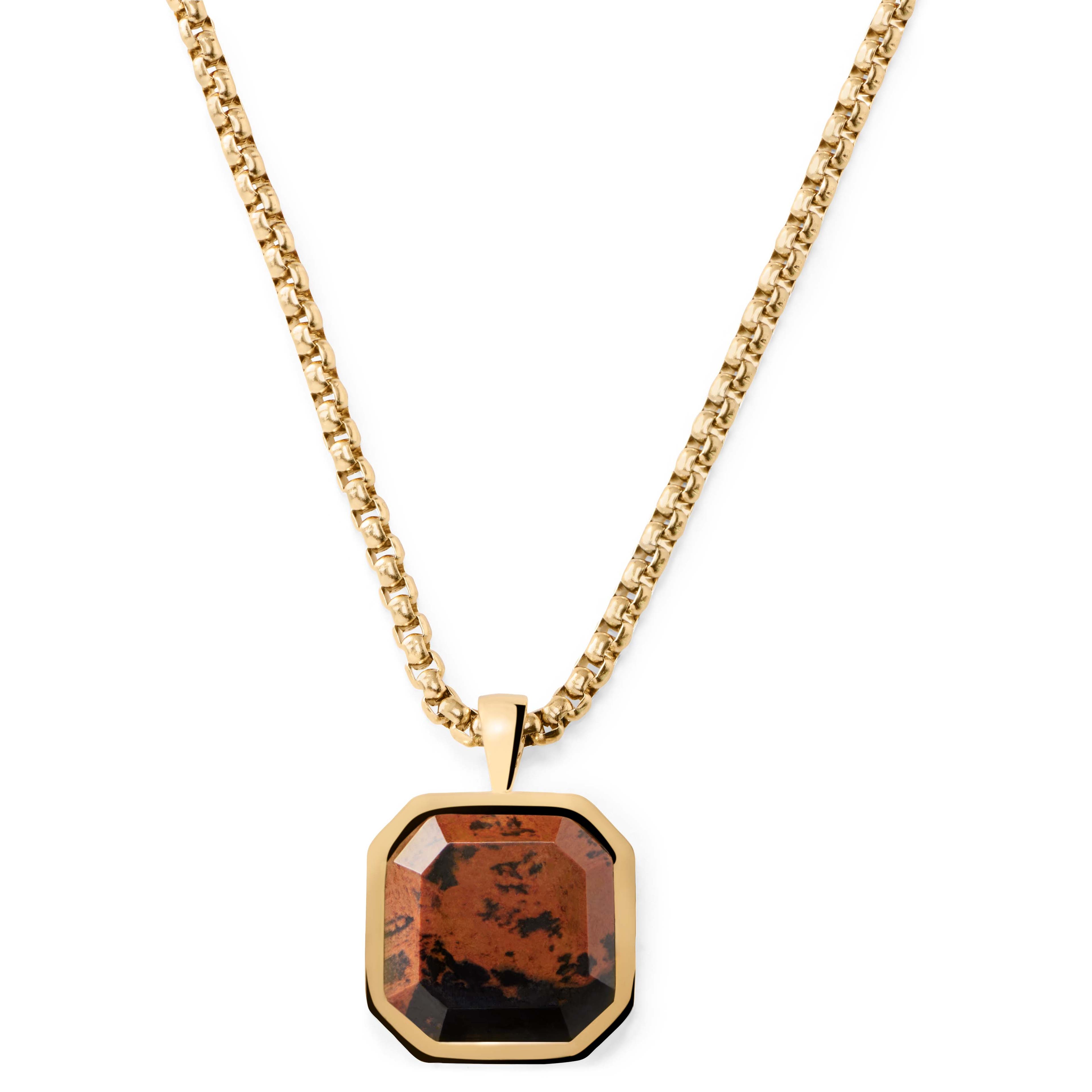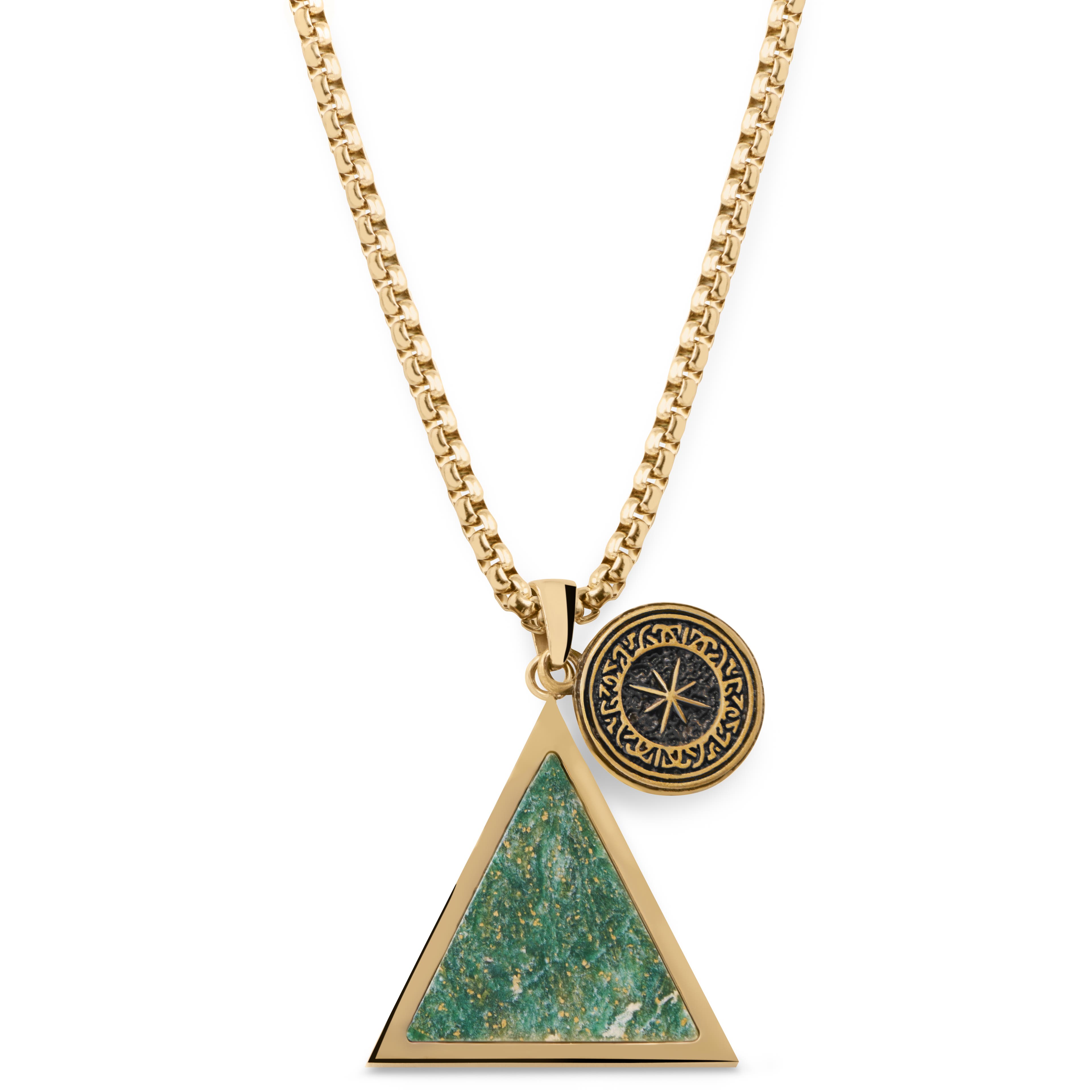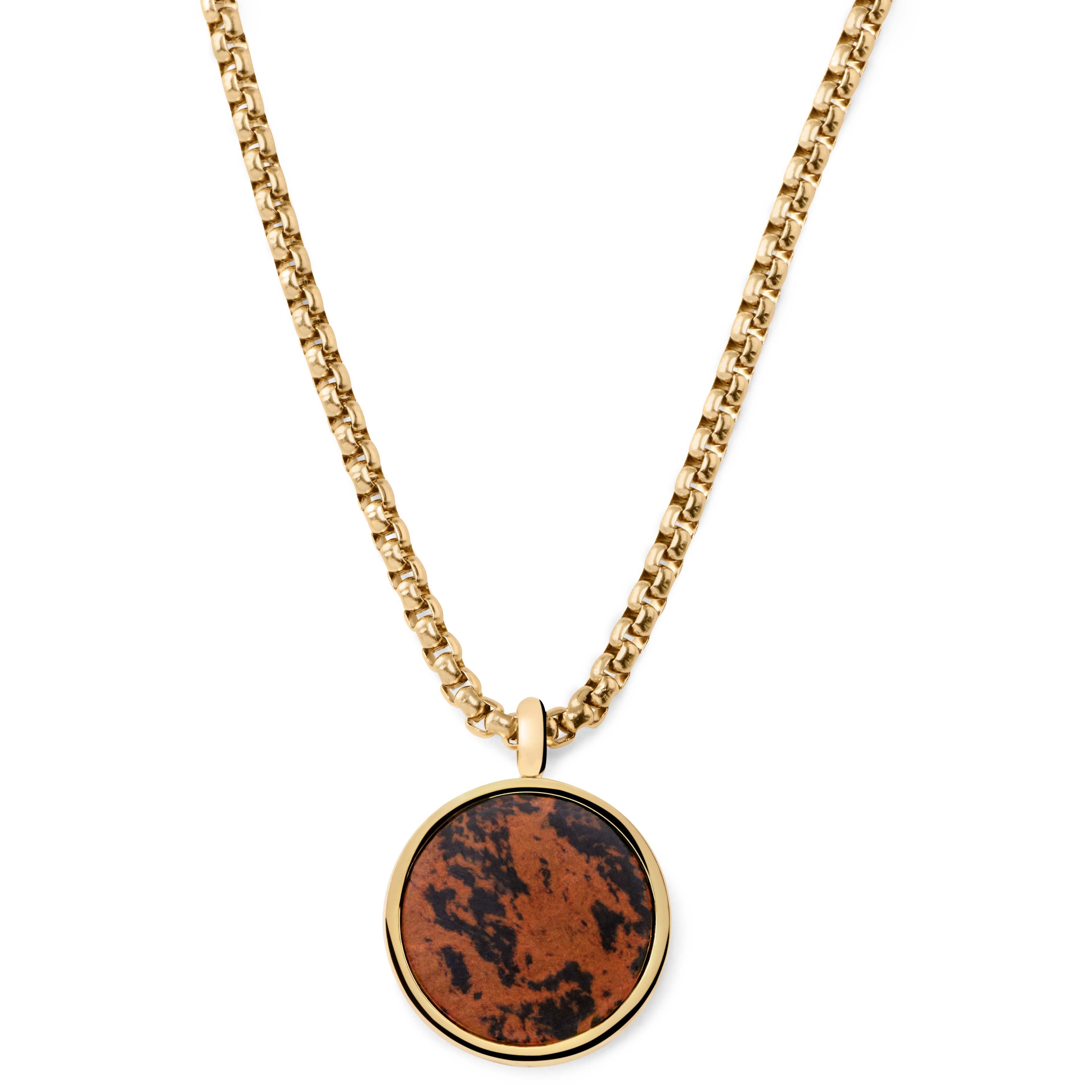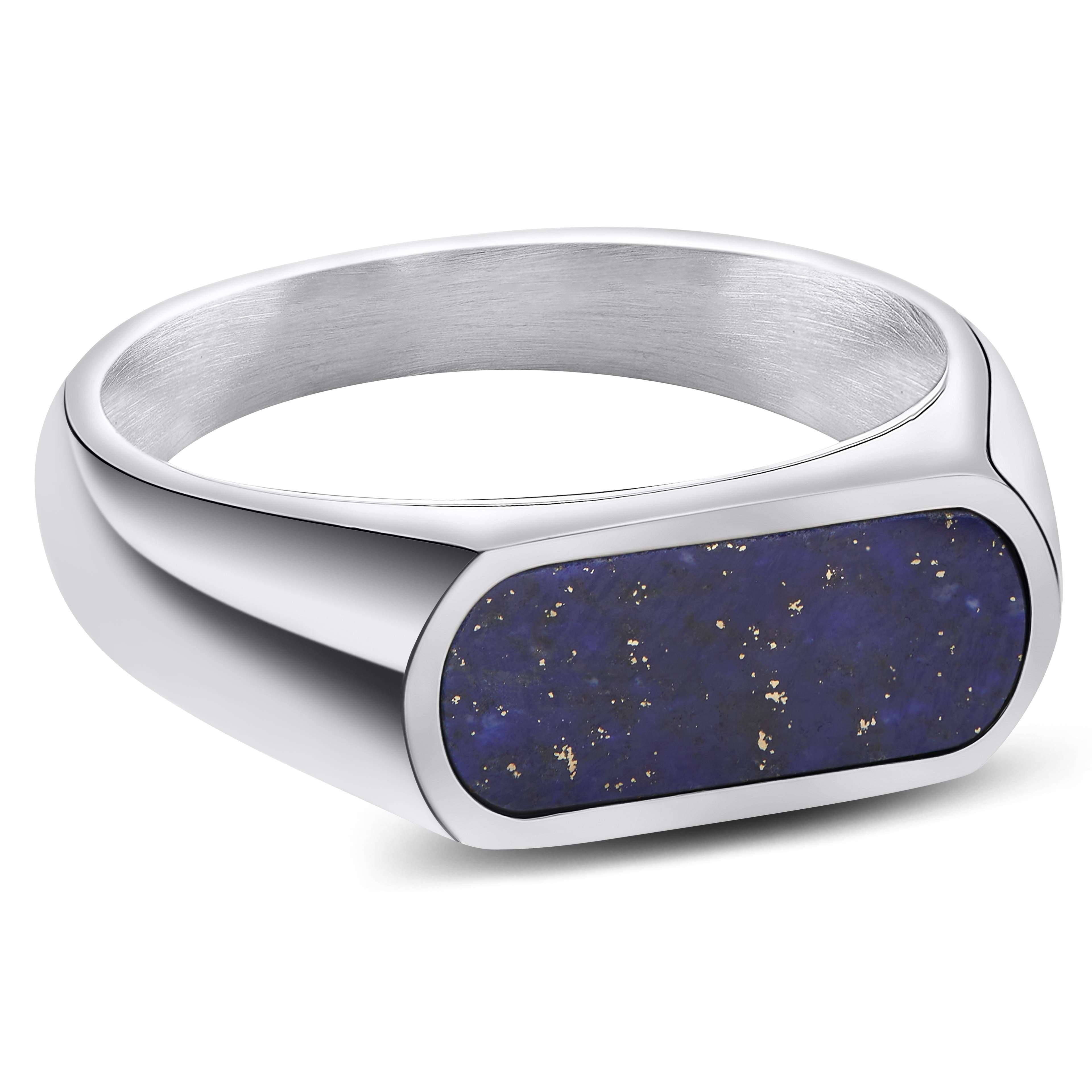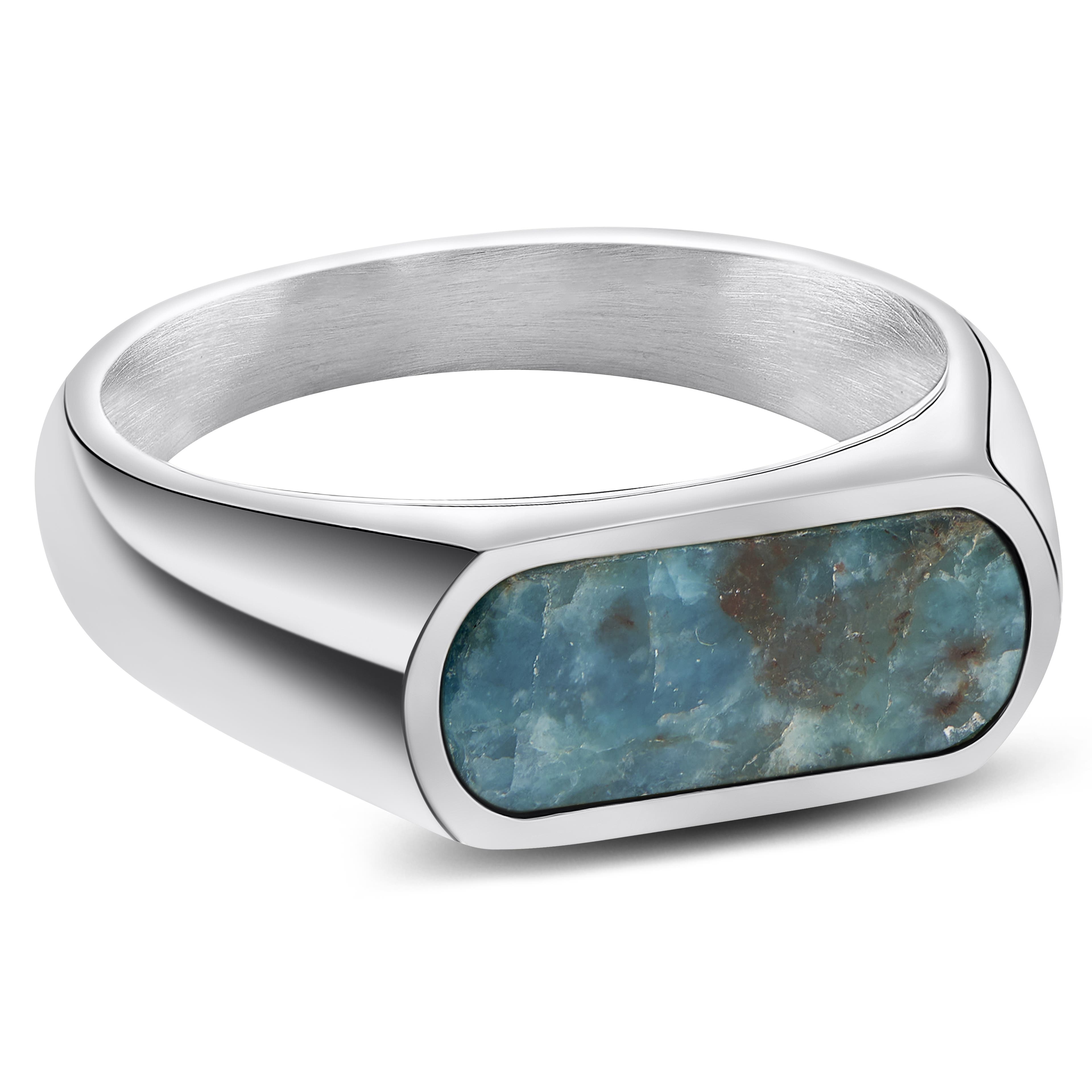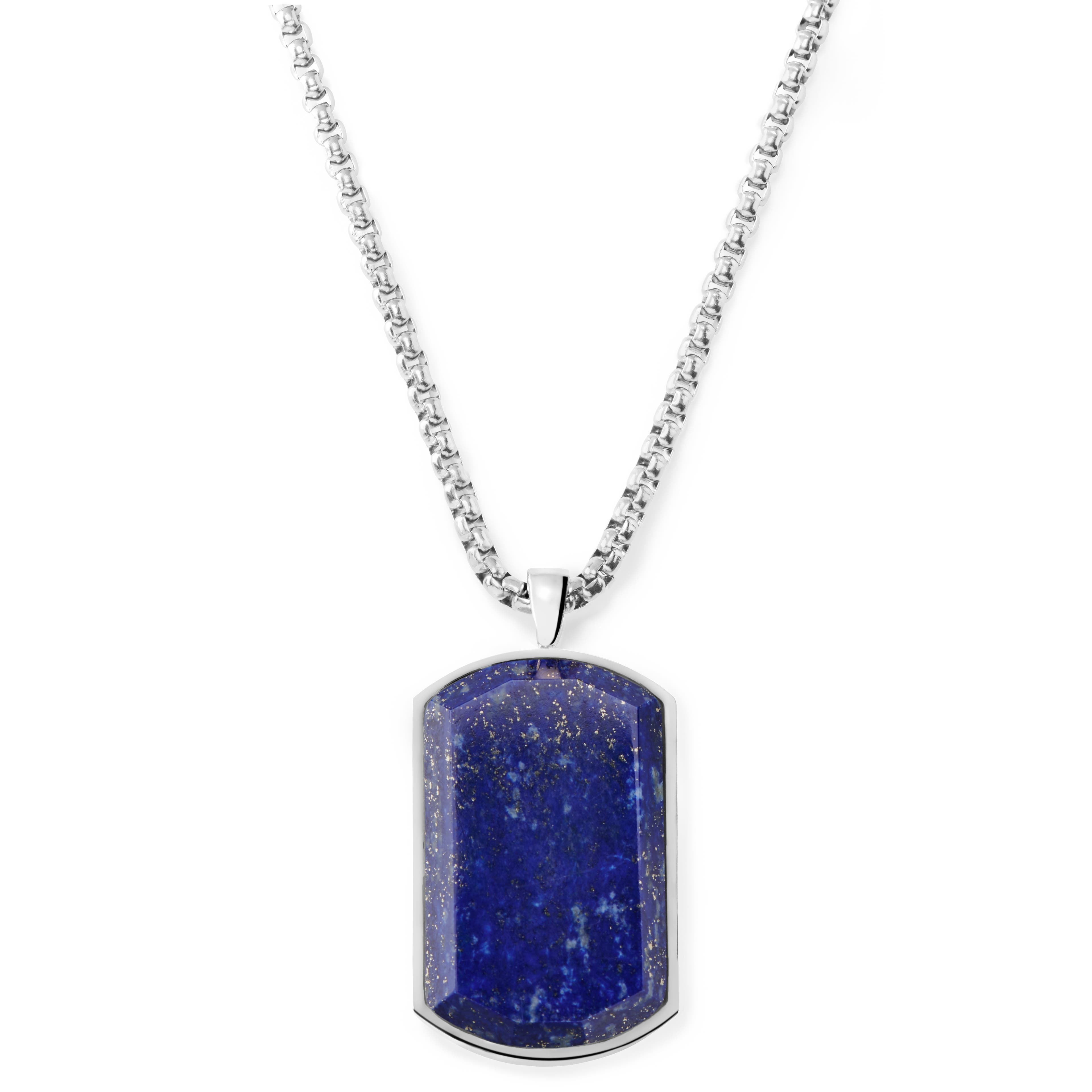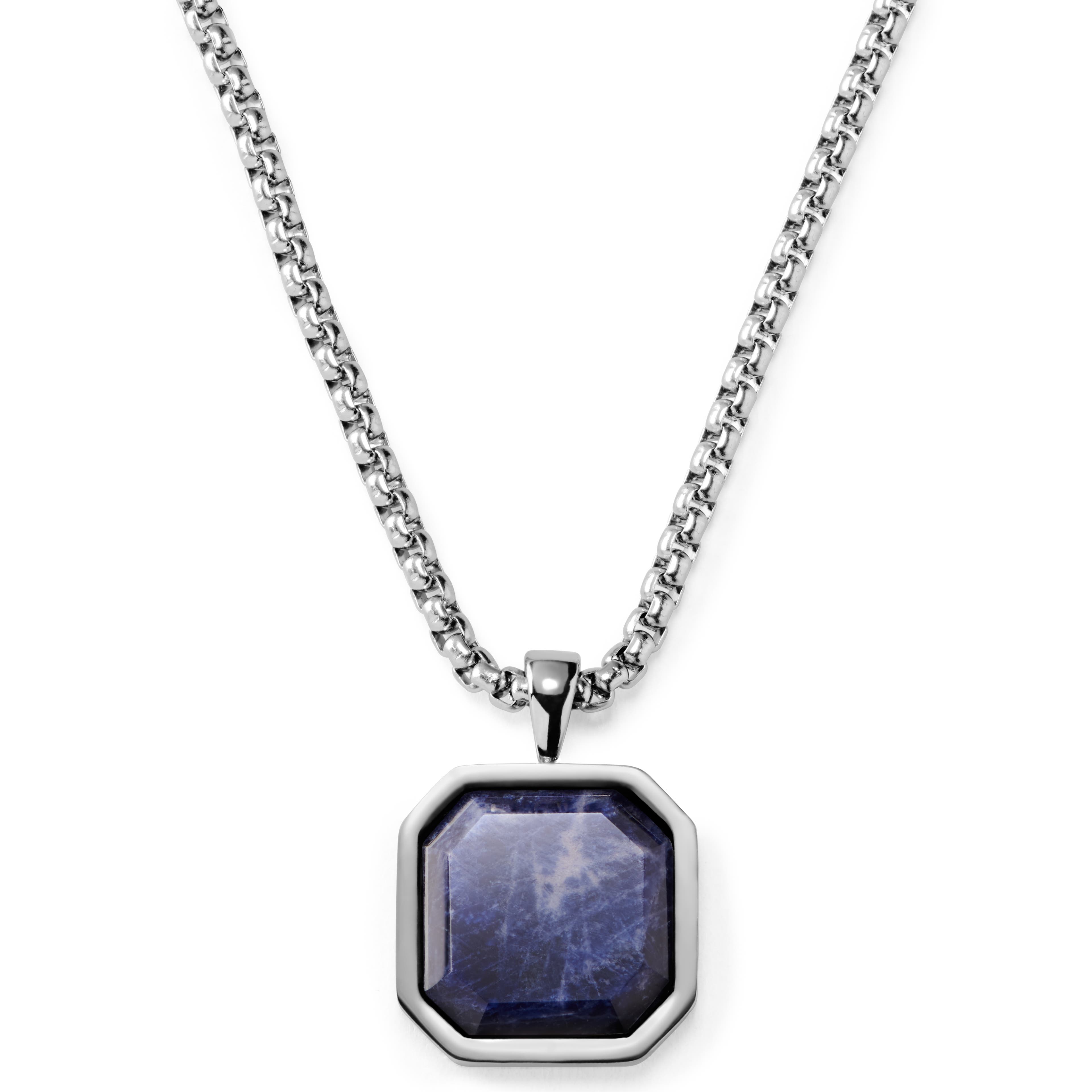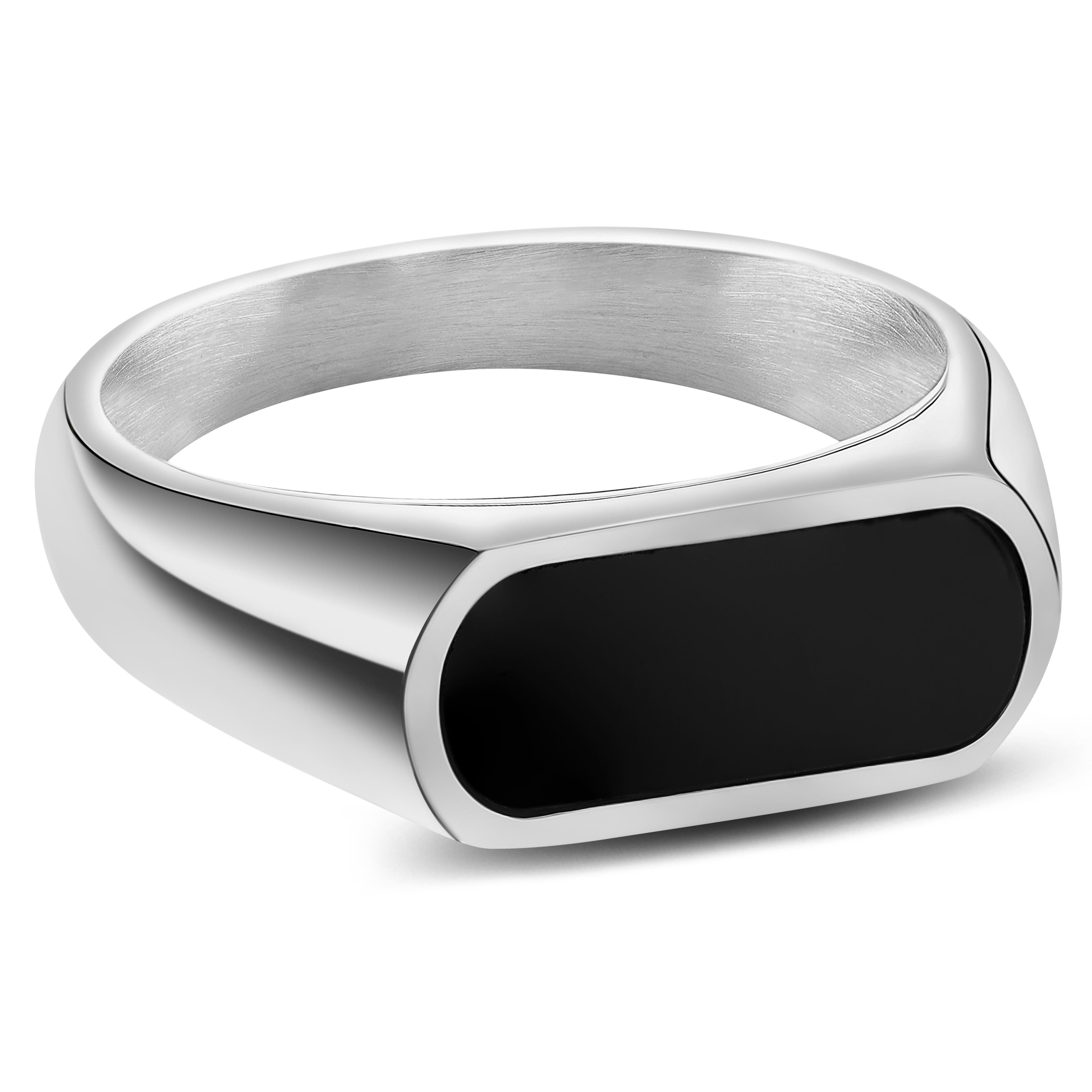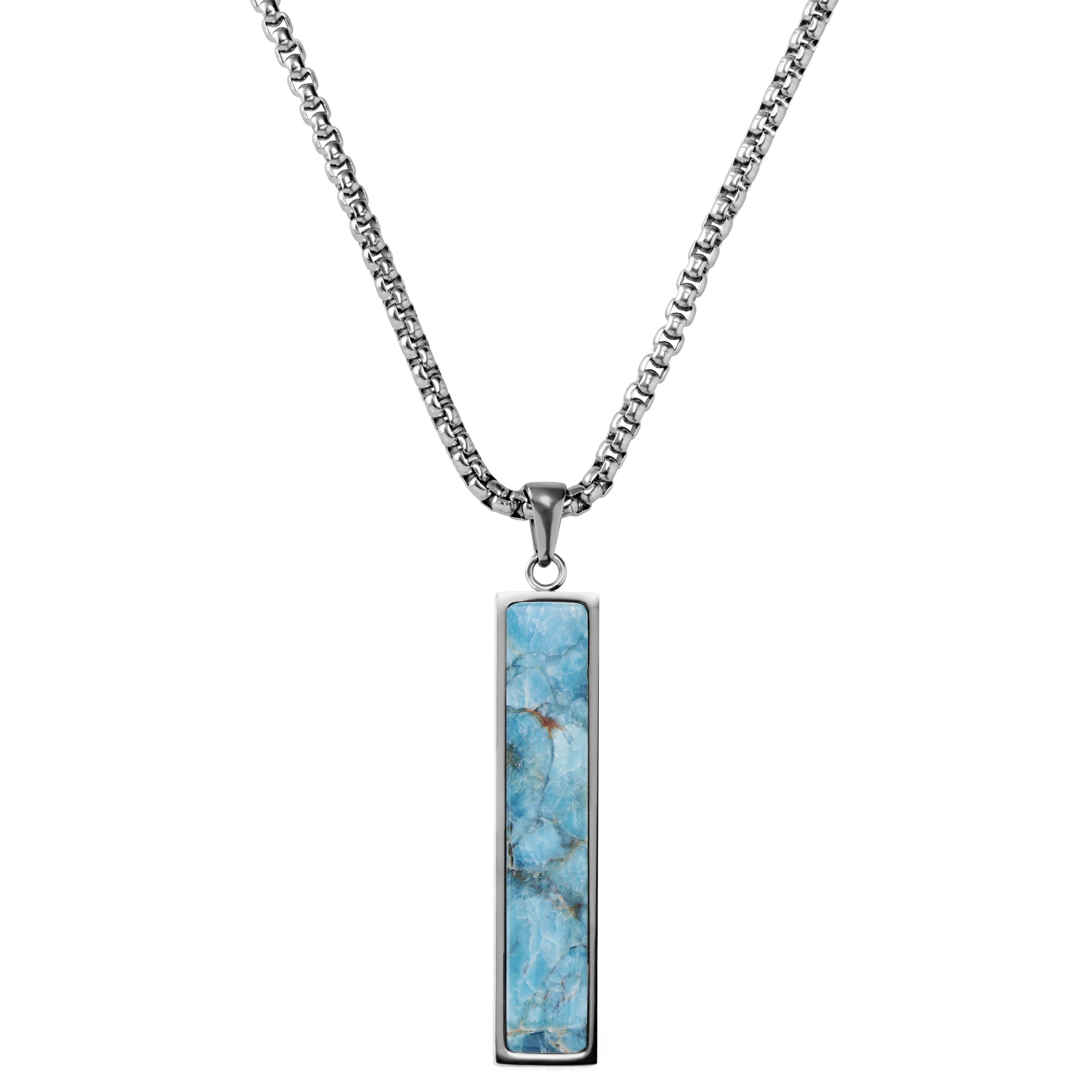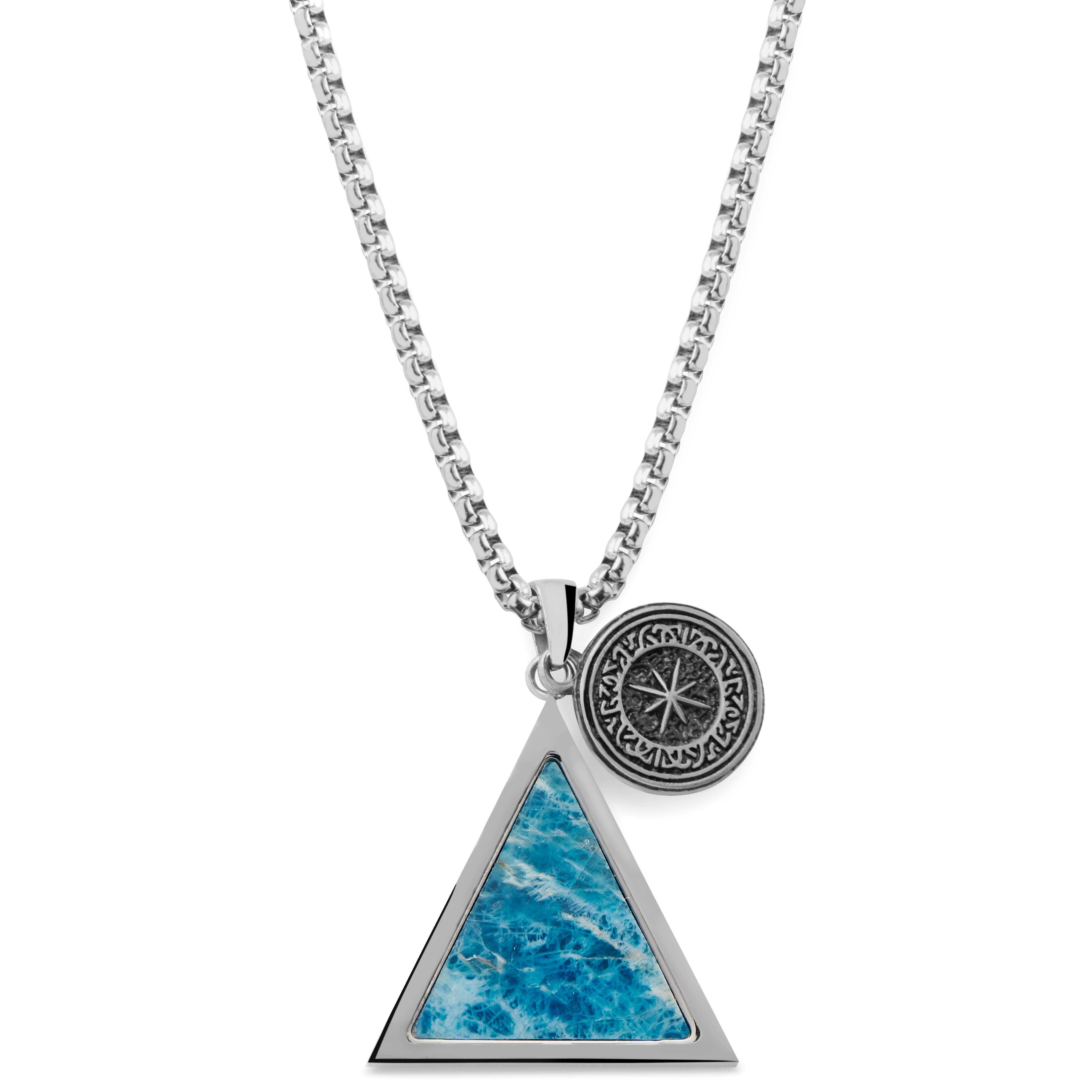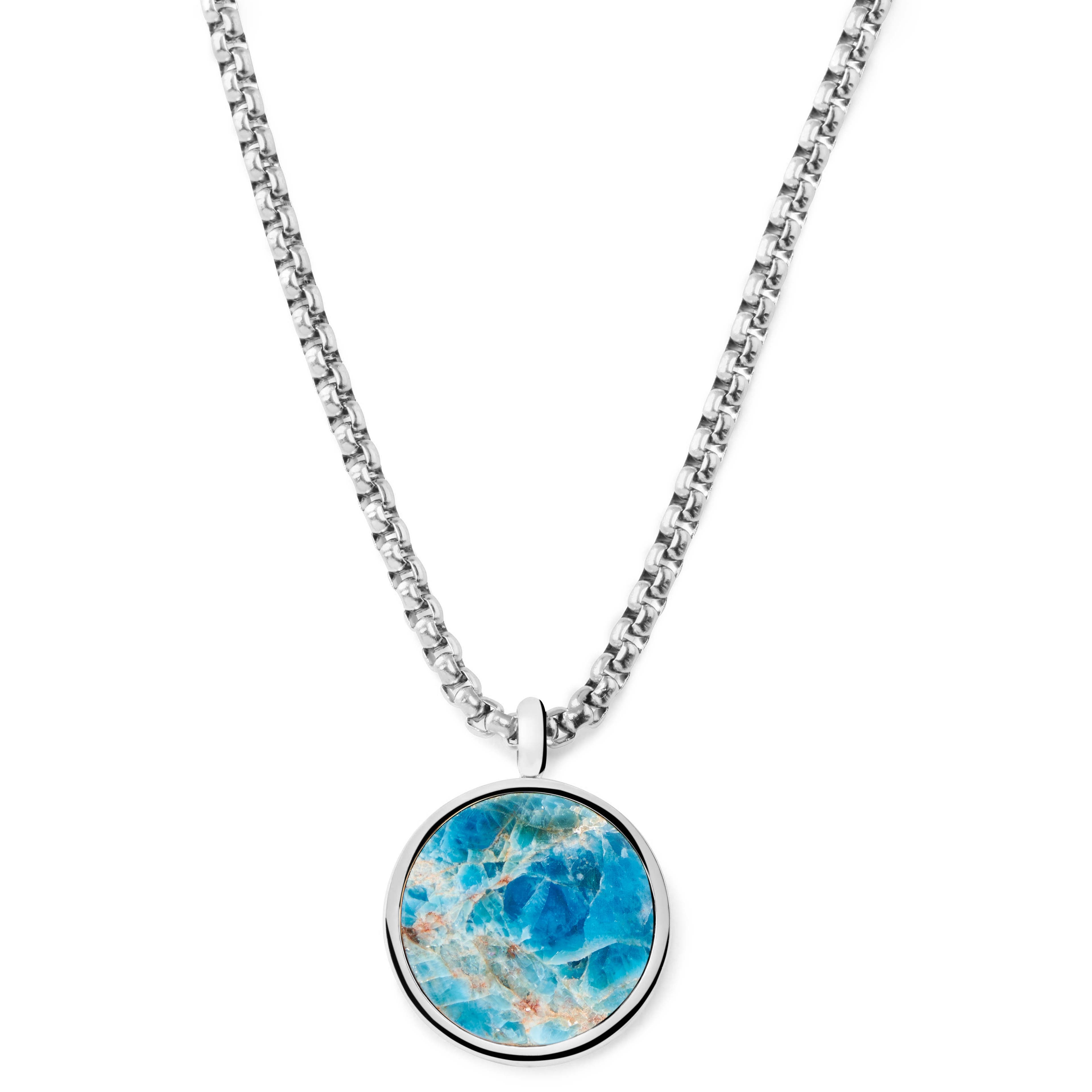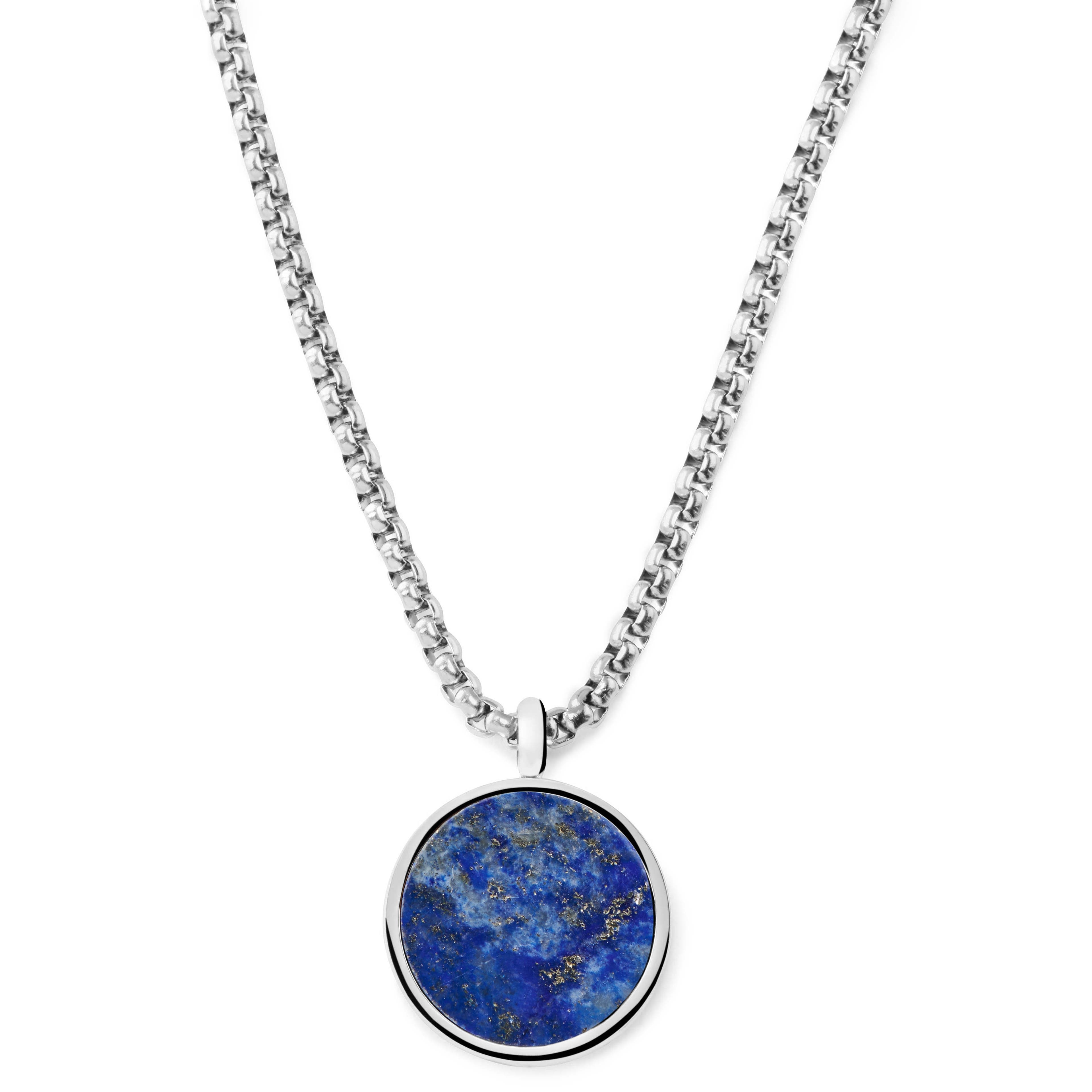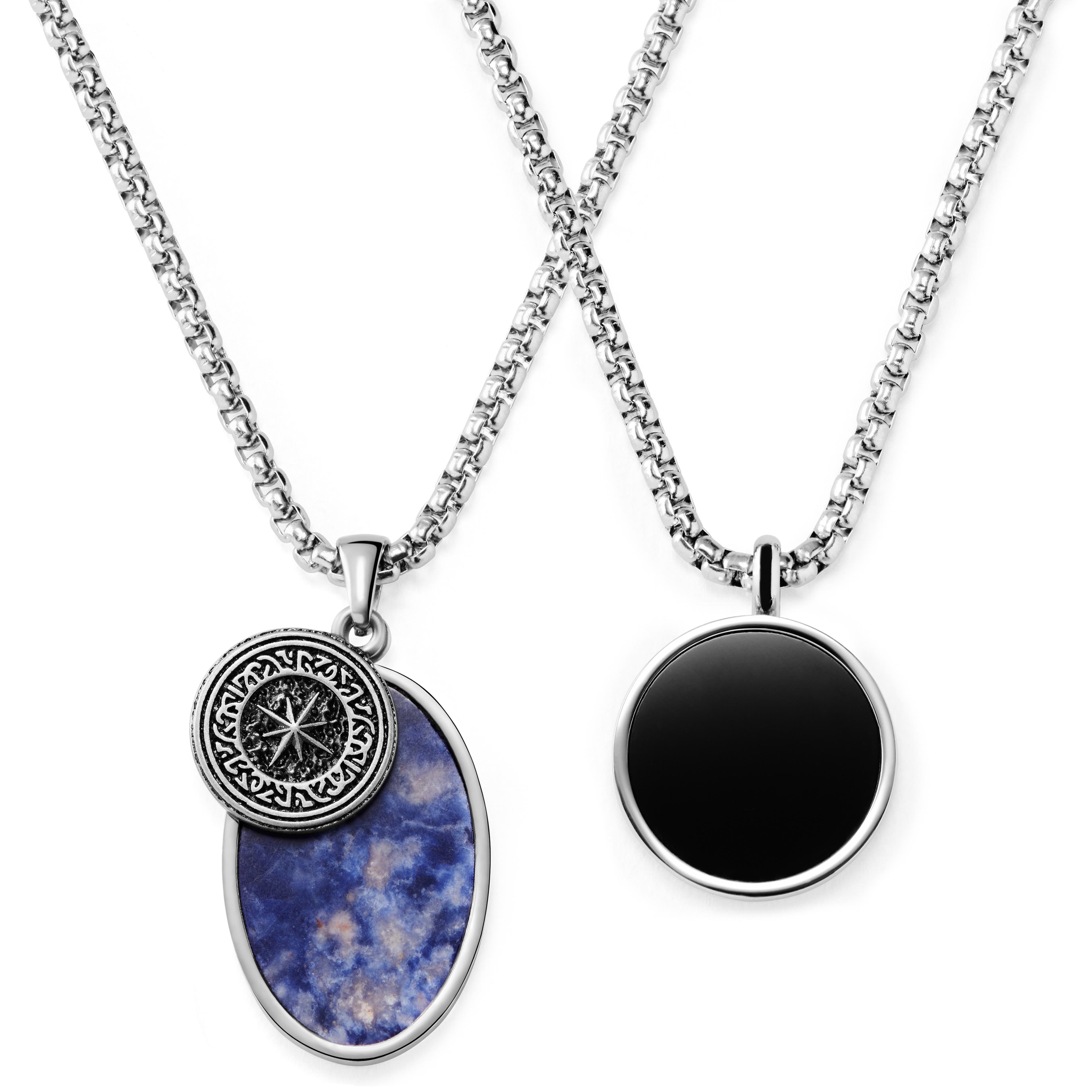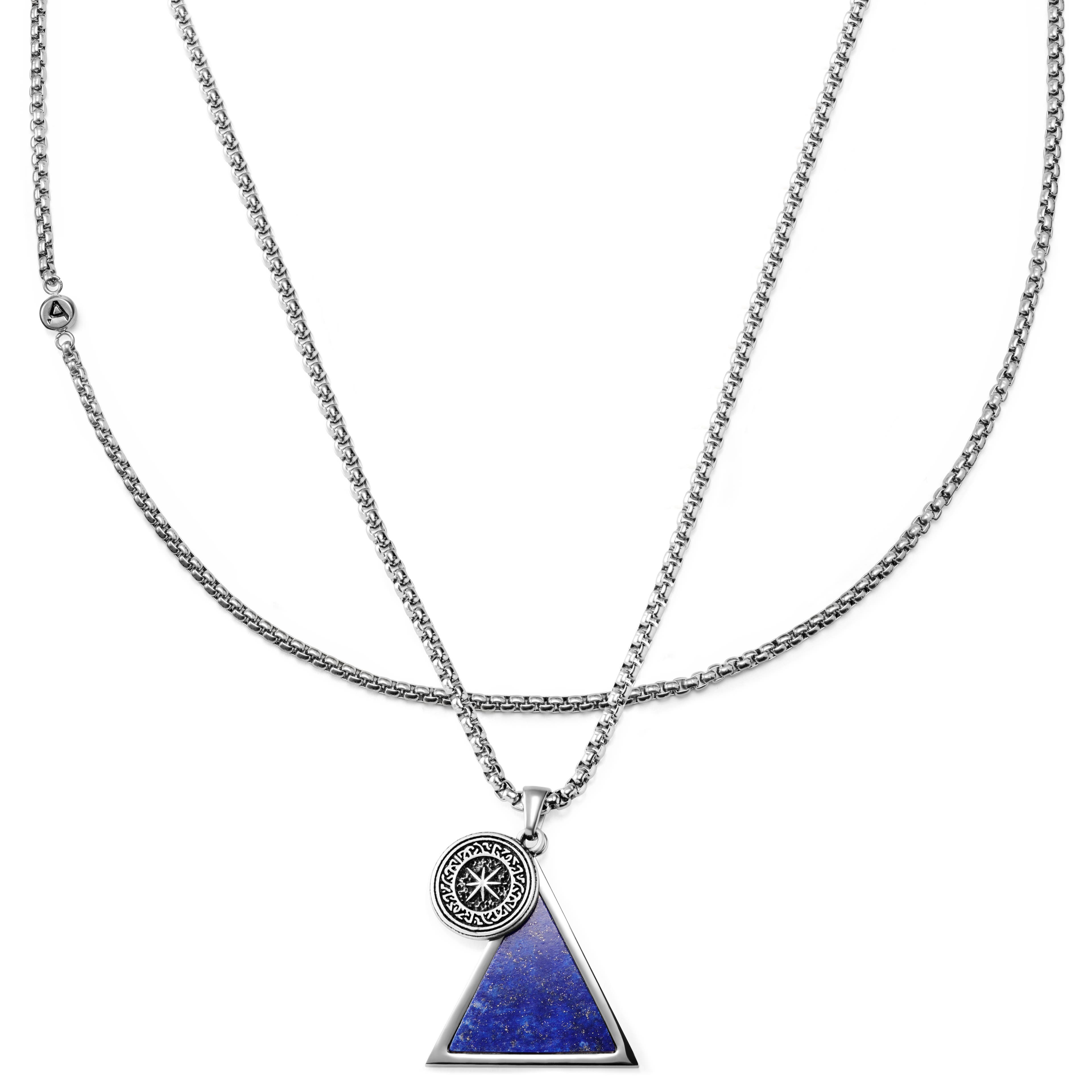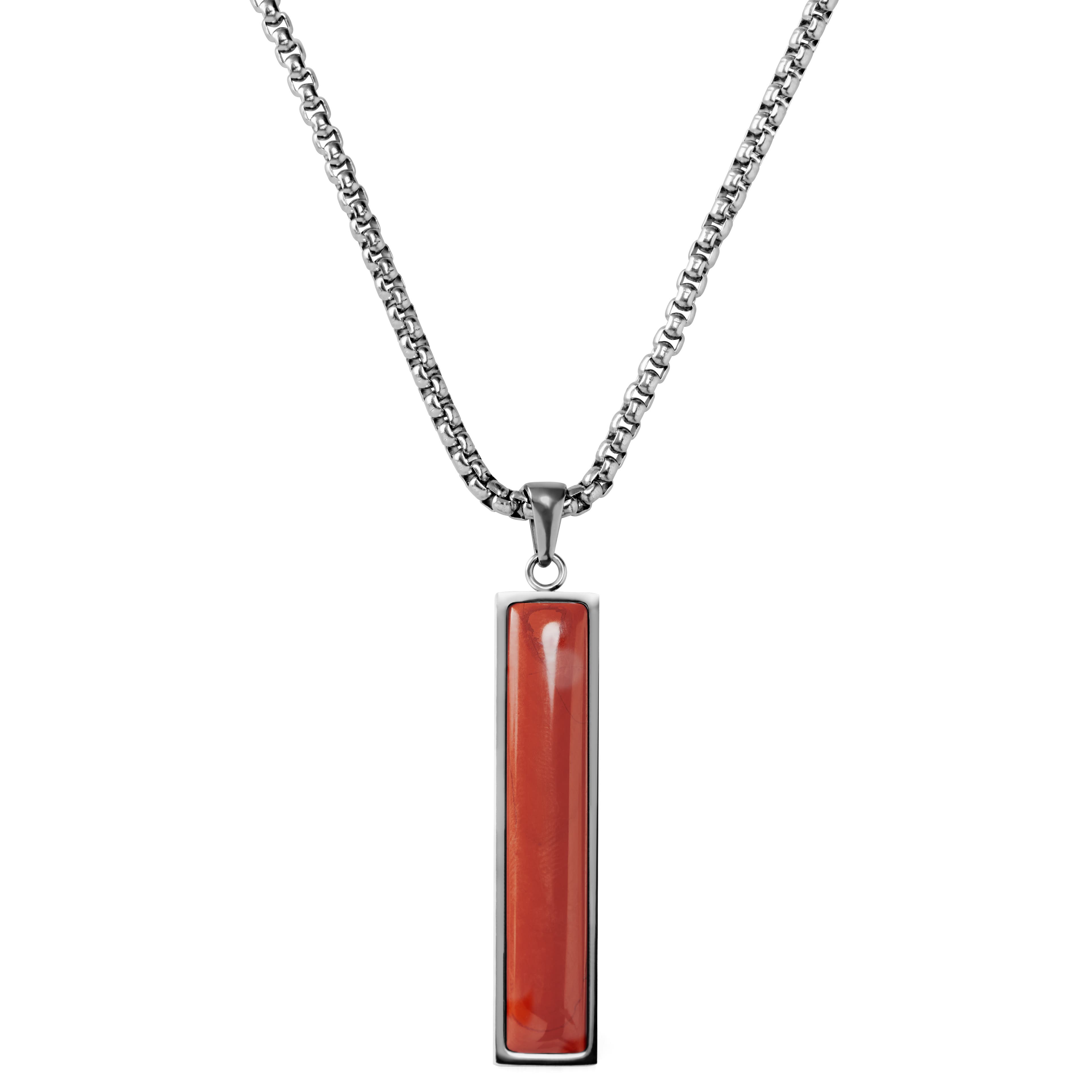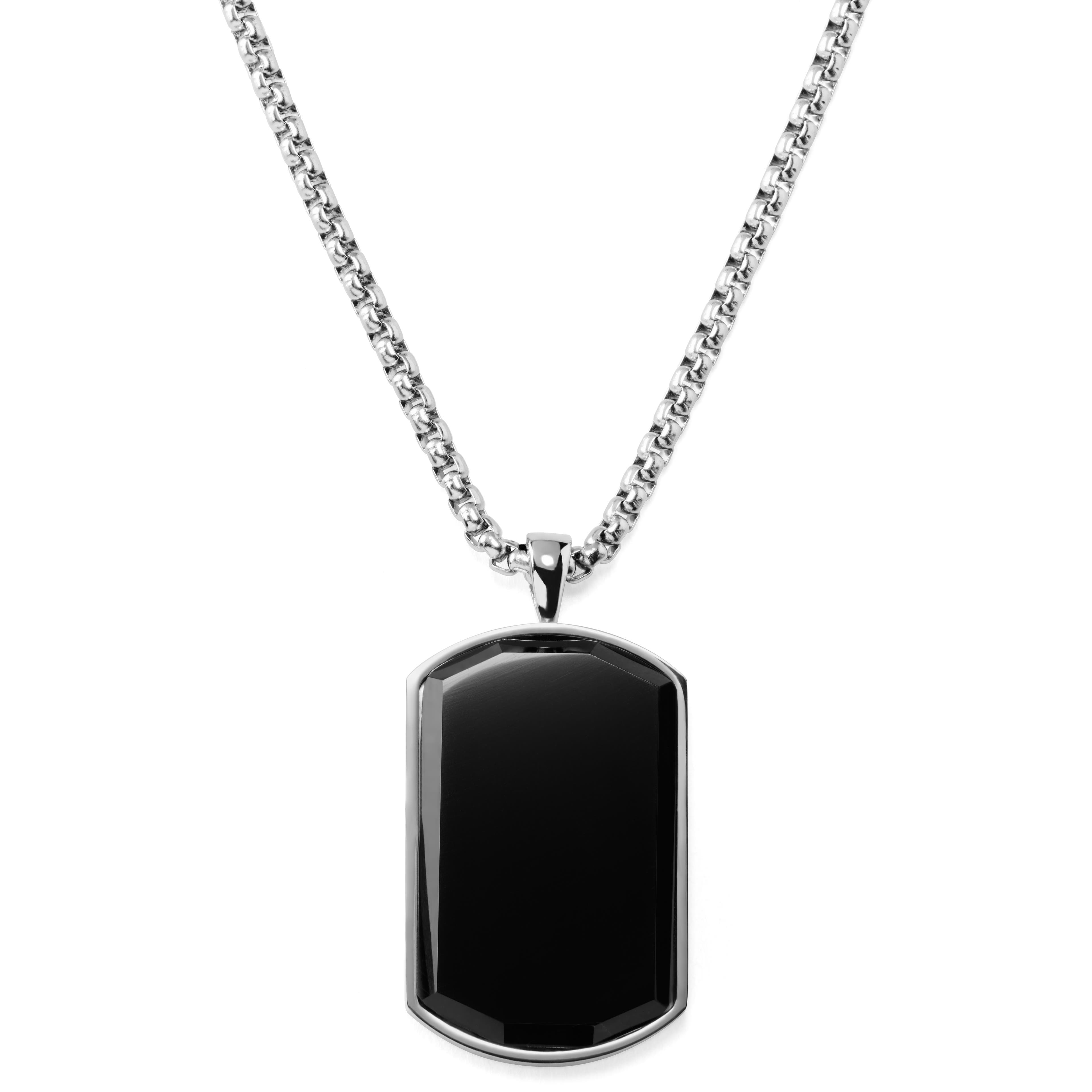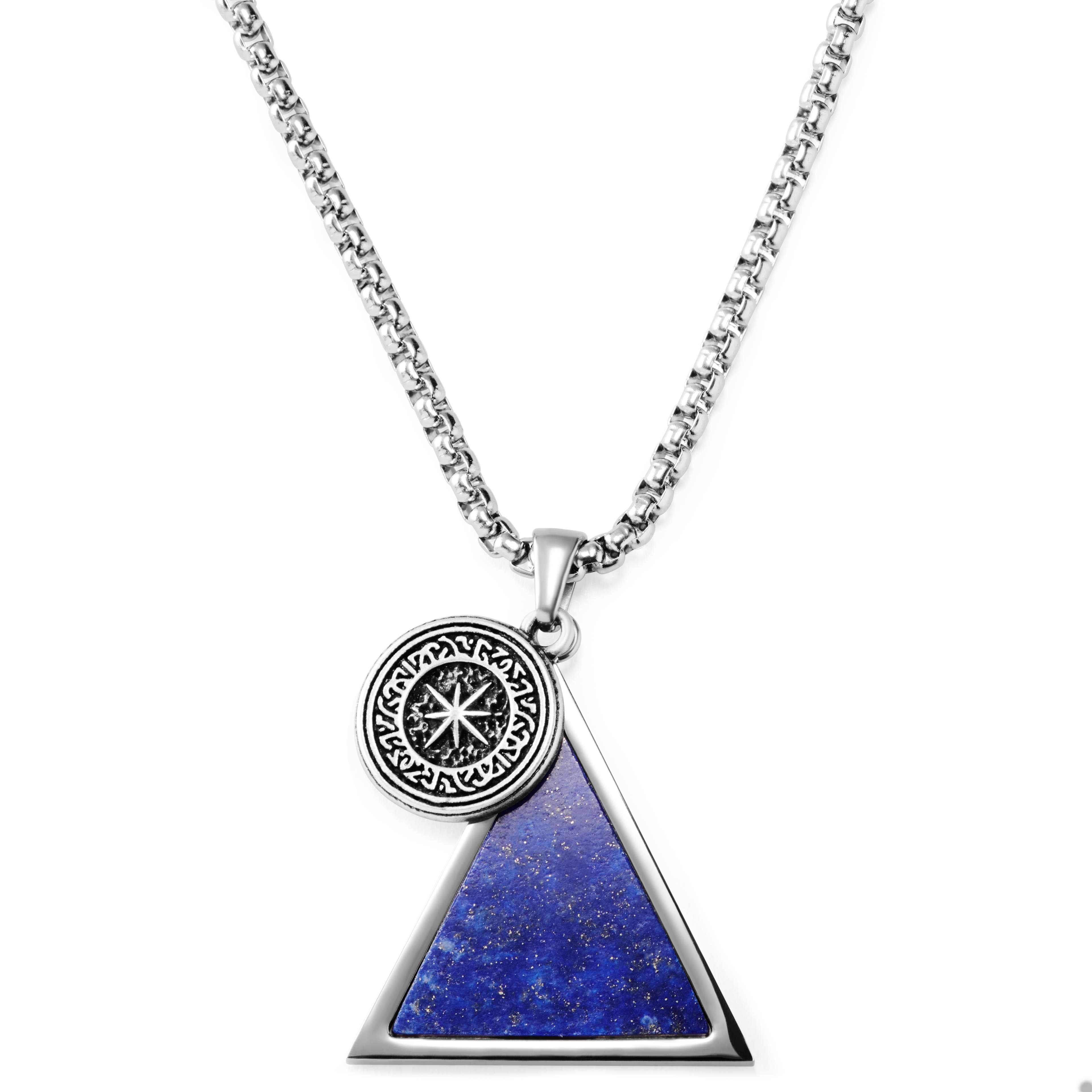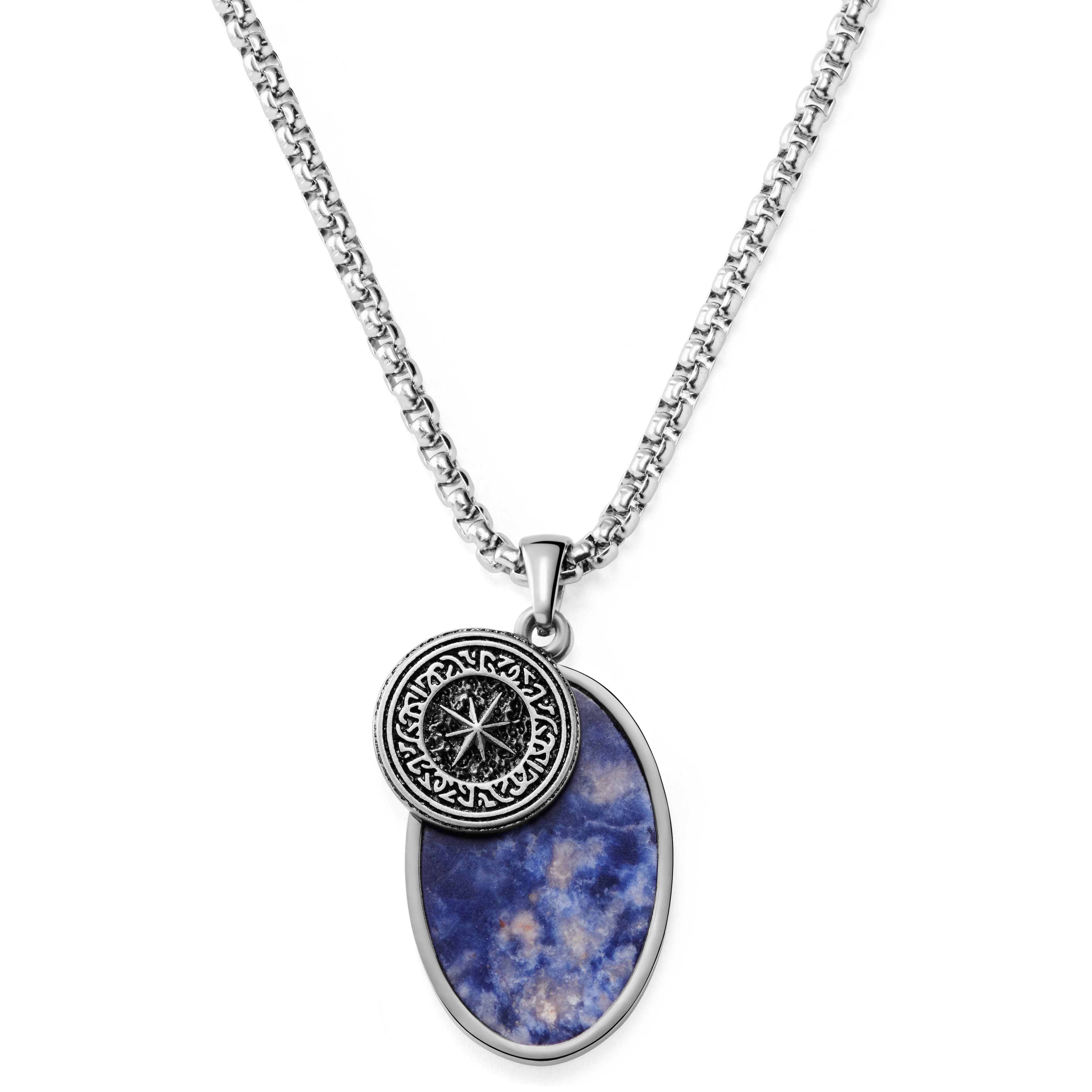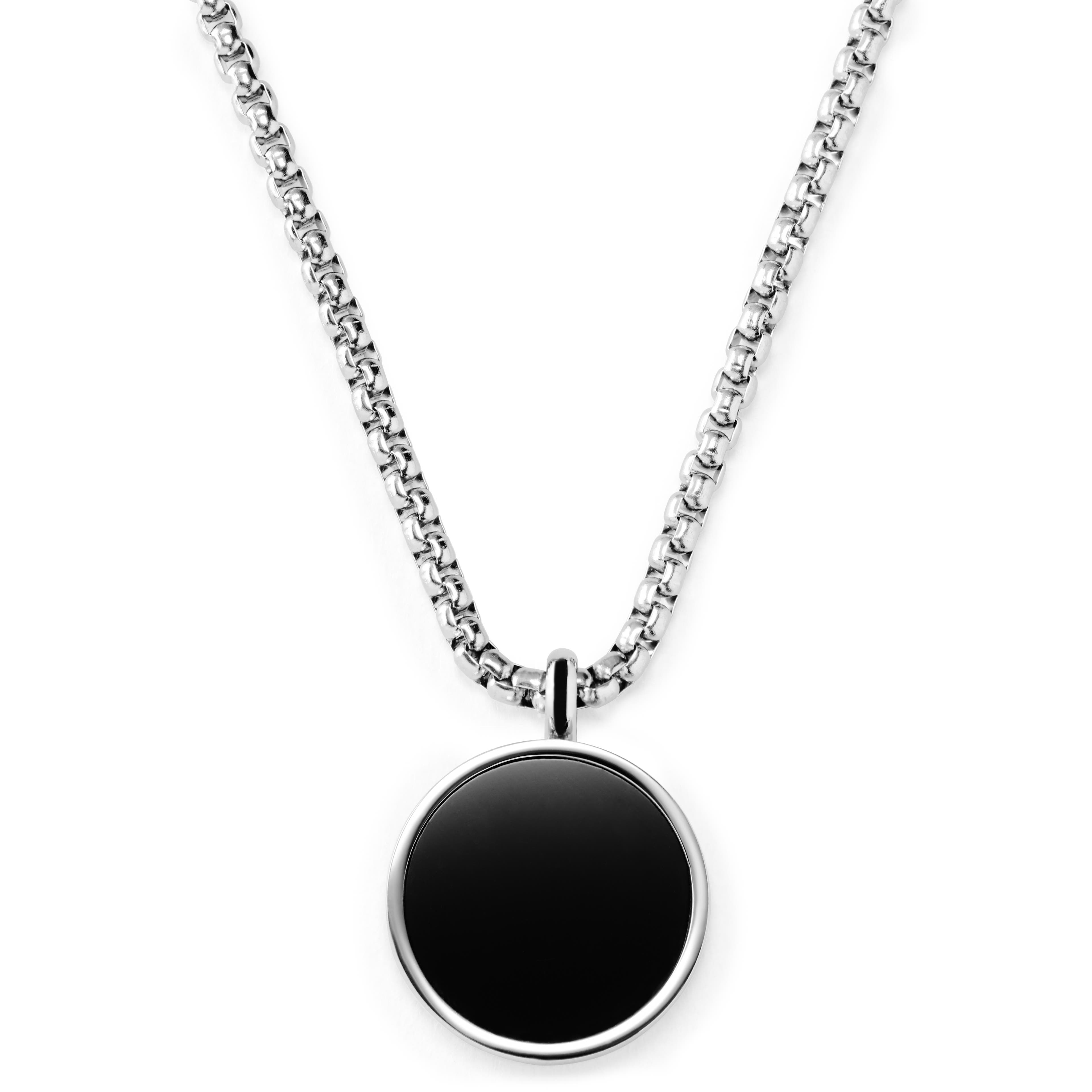How we designed the Orisun collection
‘Orisun’ means ‘origin,’ ‘source,’ or ‘fountain’ in Yoruba.
The Inspiration
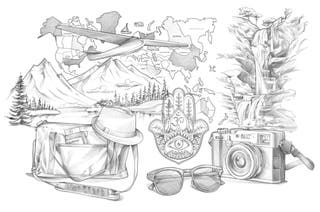
When something is taken from us, we desire it that much more. The past two years have left us starving for travel, adventure, and new experiences. In our isolation, many have turned to spirituality, learned to meditate, and studied philosophy - in addition to baking sourdough bread and attending Zoom meetings, of course.
This has led to greater awareness of natural gemstones, which many believe can harness our energy and channel it in beneficial ways. While there’s no scientific evidence of these mystical properties, the popularity of natural stones and natural stone jewellery skyrocketed during the pandemic.
We were motivated and fascinated by the non-standard element of natural stones in our designs. An element of surprise where shapes, patterns, and even colours can vary from stone to stone. In some stones types, the change is subtle. In others, it can be vast.
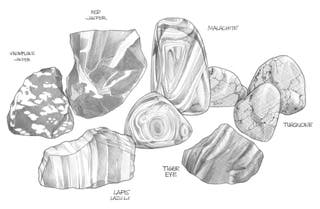
Every stone is genuine. Unique. You’ll never get the same stone as the one on the picture. That one’s ours. Yours might be better. Might be more vivid, have sharper contrast in its pattern or more fluid lines. Might also be simpler or less pronounced. Who knows!
The Challenge
Working with natural gemstones poses an interesting challenge. You know the colour range of the rock and the general features that type of stone tends to have, but the individual gemstone attached to your piece is always a mystery as each one is unique.
With uniform stones like zircon, ruby, or hematite, designing jewellery that complements their colour is a fairly straightforward endeavour. Stones like jasper, lapis lazuli, and tiger’s eye, on the other hand, feature varying shades, shapes, and highlights that affect the overall aesthetic of the stone and thereby the piece as a whole. The jewellery design, therefore, has to complement the stone no matter what it looks like. The best way to do that is to let the stone shine and have our design take a back seat to its natural beauty.
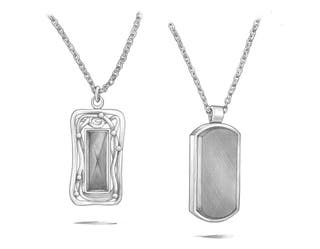
Think of it as the frame of a painting. If the frame is too ornate, it’ll take attention away from the image and if its colour clashes with the painting, the artwork as a whole suffers. When you don’t know what the painting will look like, it’s best to keep the frame as simple as possible.
The Stones
Many factors affect what stones are chosen for jewellery crafting. Silver and gold colours formed the basis of our selection, and the stones were selected to fit those. Their hardness determines how likely they are to break and how difficult they are to shape into jewellery. Some stones are semi-transparent and if you put those on coloured metal, like gold, it’ll mix a yellow hue into the appearance of the stone. Some are simply prohibitively expensive, and some vary too greatly to be able to guarantee a satisfying result.
We select stones based on their appearance, quality, and whether they fit into the collections we’re creating. We don’t look up a stone’s supposed mystical properties beforehand in order to imbue our pieces with specific metaphysical qualities. And there’s a simple reason for that. We know what looks good and what doesn’t. We don’t know whether stones can make you rich or help you concentrate. Maybe they can, maybe they can’t, but we’ll opt for the certainty of appearance over the possibility of aural realignment any day.
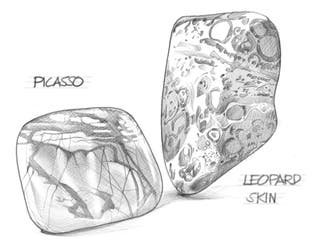
The Jewellery
Once we’ve chosen the stones, we start experimenting with what shapes and metals work well with them. One of our designs is a dog tag with a thin natural stone inlay. The problem here is, whenever you have a stone in the quartz family, it’s likely to be semi-transparent. Any semi-transparent green stone overlaid on a gold-tone surface, for instance, will come out a light moss colour. And that’s the sort of thing you figure out when you get samples sent in from manufacturers.
The items might also be missing a three-dimensionality that was there on the computer design, and slightly altering the design of the metal piece can enhance it. We also considered a very sharp tooth design. It looked great but would have made the perfect murder weapon in reality.
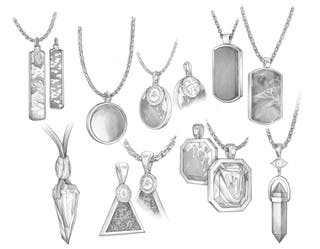
Different manufacturers have different gemstone suppliers, and each treats their stones differently. That’s why we ordered the same designs and stones from multiple suppliers to see which one gave the best results.
We didn’t just go with the best looking one, but stress-tested the jewellery as well to see how it held up against normal wear and tear. Some pieces failed those tests and we demanded improvements from the supplier. Some designs were ruled out immediately as impossible to accomplish at scale. Others were adjusted when reality failed to live up to our expectations. Matte stone looks awesome on computer renderings, for example, but dull and lifeless in reality. We wanted to make a green metal pendant, but the available coating method was not only more expensive but less durable, which would have seen the colour fade and scratch over time - something our gold and black items don’t do. This is always an iterative process and we never start production until we’re happy and proud of what we’ve made.
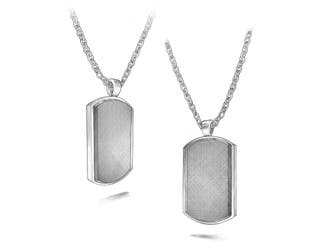
When we’re happy with the quality, design, and look, we order one set of each to take pictures for the website. We take shots of the first approved samples we get, then order production. So it’s not like we pick the nicest ones to take pictures of. They’re our only samples when we shoot them! Yours will look different, and that’s the gamble with natural stones.
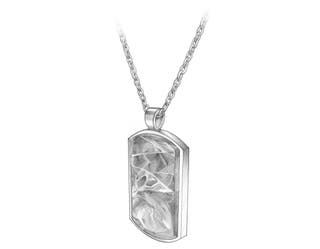
The Market
Making all the coins, dog tags, and flat pendants engravable on the back was important to us. Since each stone is unique, each is uniquely yours, and there’s no better way to reinforce that than to have your personal engraving on it.
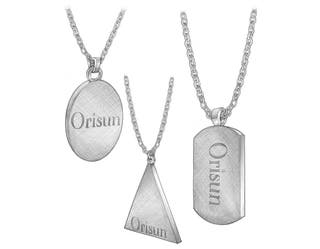
The final step before the items go on sale is having all of the natural stones independently verified. A random chunk of the first shipment goes to a lab that, through spectroscopy, certifies the identification of the gemstones. We have, in the past, and will, in the future, refuse acceptance of shipments if stones are found not to be what the manufacturer claims they are.
The Orisun collection is now through quality control and the designs are finalised. We’re just waiting for the first shipment to arrive so we can get them online and in your hands. Sign up for the Trendhim Tribe to receive our newsletter and be the first to know when the collection launches.

